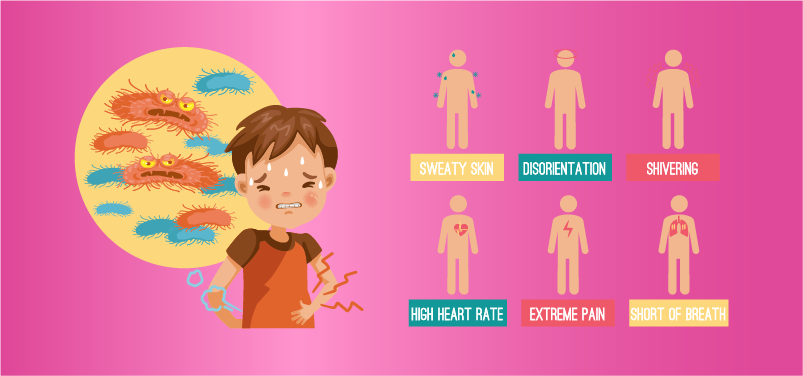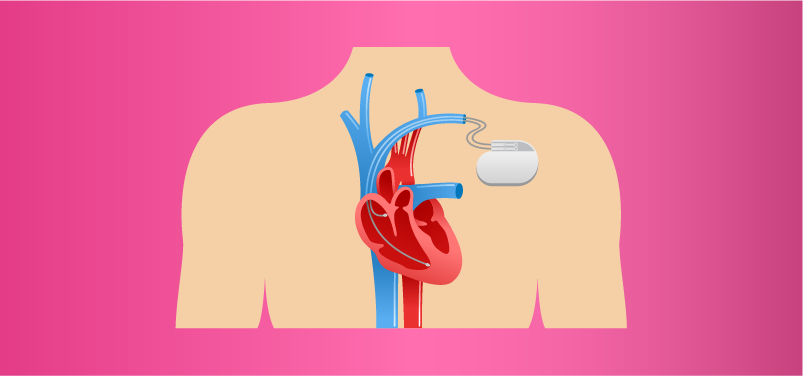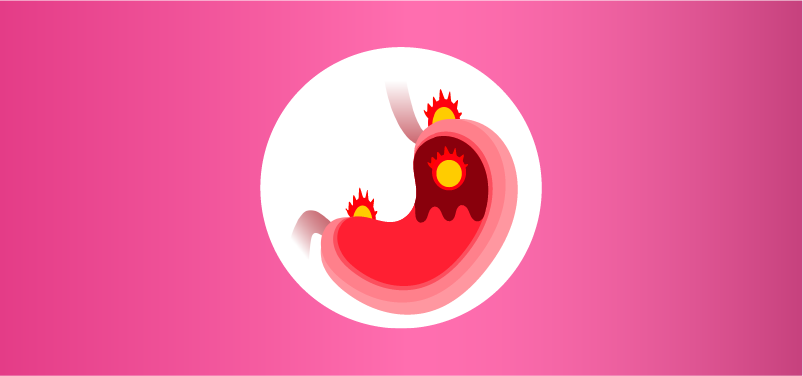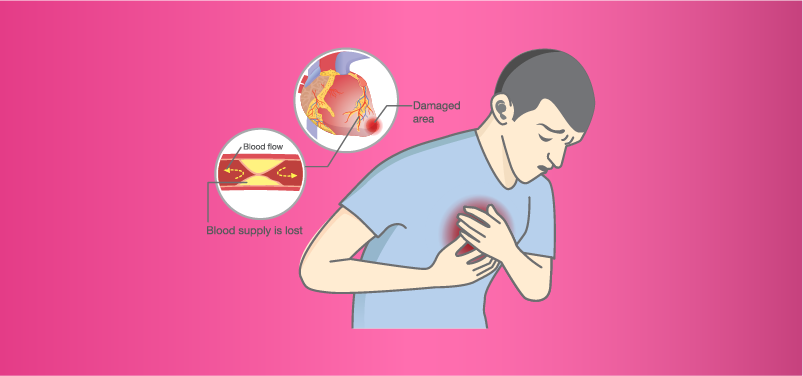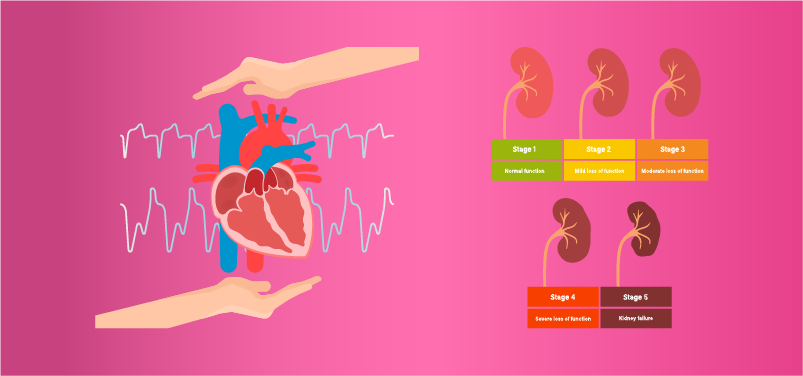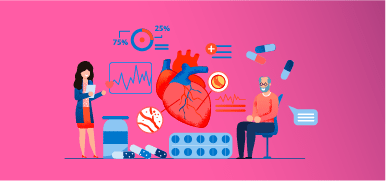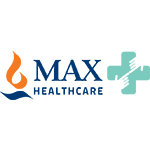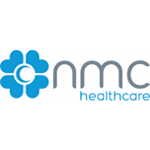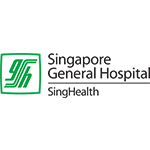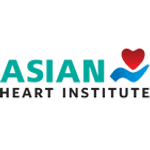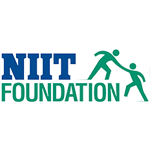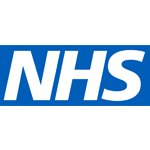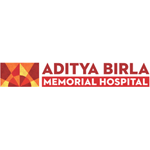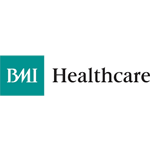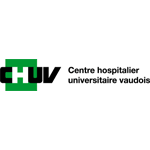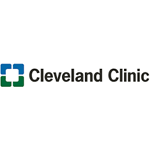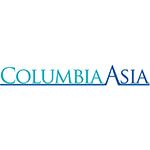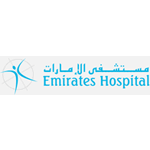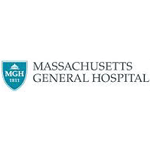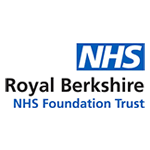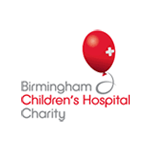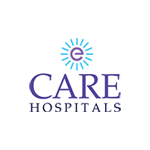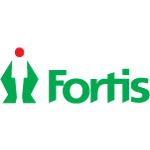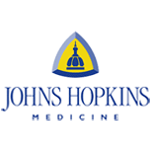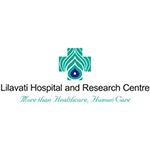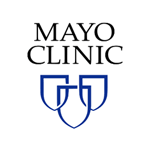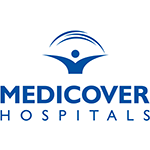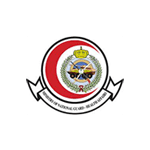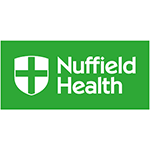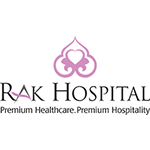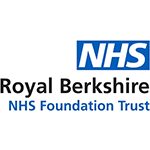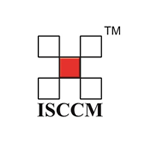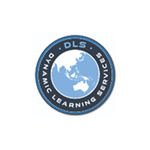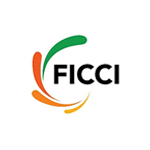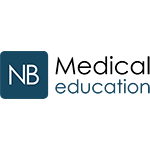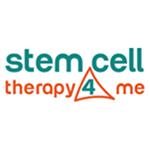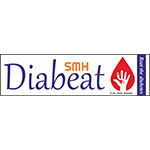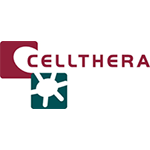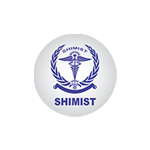
Lead Pediatric cardiologist, Congenital and Structural interventional cardiologist
-
Skill Levelexpert
-
Lectures1 Video
-
Enrolled 66 students enrolled
 ₹999
₹999
 ₹999
₹999
-
Skill Levelexpert
-
Lectures1 Video
-
Enrolled 66 students enrolled
-
Sample Certificate

Key concepts covered include:
An overview on
- What are different congenital heart diseases
- clinical signs and symptoms
- How to diagnose
- Advanced diagnostic techniques
- Emergency management and general management of a congenital heart disease patient
- systematic approach to CHD
What you'll learn
Congenital heart diseases are most common anomalies which occur in almost 1% among live births at present. They still account for majority of mortality and morbidity cases, despite major advances in diagnosis during pregnancy and management.These are the structural problems which arise from abnormal functioning and structure of the heart which occur as early as in prenatal or natal period. They can involve valves, chambers, vessels, arteries and veins. Although the majority of children with serious congenital heart disease (CHD) are diagnosed prenatally or during the neonatal period, CHD and acquired heart disease present beyond this time period. Sometimes they are often diagnosed in later ages. According to the American Heart Association, about 9 of every 1,000 babies born in the U.S. have a congenital heart defects.read more »»
The most critical part to diagnose congenital heart diseases are the signs and symptoms that lead clinicians to suspect heart disease in infants and children. Criteria for referring the child to Pediatric cardiologists is also important in early treatment and management of these natal conditions. Urgency of referring also depends on the clinical condition of the patient and seriousness involved in treating it.
The symptoms of congenital heart defects are to be carefully examined and diagnosed since these symptoms do not appear as soon as the baby is born. They appear later and maybe the first sign of congenital heart disease when it appears at younger age. The knowledge about congenital heart disease is not only important for cardiologists and pediatricians but also important for life science graduates and other medical professionals in private clinical practice.
Therefore this course provides a deep insight into what are different congenital heart diseases, clinical signs and symptoms, how to diagnose, advanced diagnostic techniques, emergency management and general management of a congenital heart disease patient etc
Who should attend?
- General practitioners
- Primary care physicians
- Undergraduate medical students (Interns)
- Postgraduate students in medicine
- other life science graduates
- nurses
Instructor

Lead Pediatric cardiologist, Congenital and Structural interventional cardiologist
4/5
Dr. Srinath Reddy Narahari is a practicing Pediatric Cardiac Surgeon with an experience of 14 years.
He pursued his DM in the year 2014 from AMRITA INSTITUTE OF MEDICAL SCIENCES & RESEARCH CENTRE, ERNAKULAM. He completed his MBBS in the year 2006 from Jawaharlal Nehru Medical College, Belgaum. He has also done his MD in the year 2010 from MGM Institute Of Health Science, Bombay.
Dr. Srinath Reddy Narahari is an experienced, skilled and awarded doctor in his field of specialization
Instructor


Lead Pediatric cardiologist, Congenital and Structural interventional cardiologist
4/5
Dr. Srinath Reddy Narahari is a practicing Pediatric Cardiac Surgeon with an experience of 14 years.
He pursued his DM in the year 2014 from AMRITA INSTITUTE OF MEDICAL SCIENCES & RESEARCH CENTRE, ERNAKULAM. He completed his MBBS in the year 2006 from Jawaharlal Nehru Medical College, Belgaum. He has also done his MD in the year 2010 from MGM Institute Of Health Science, Bombay.
Dr. Srinath Reddy Narahari is an experienced, skilled and awarded doctor in his field of specialization


Lead Pediatric cardiologist, Congenital and Structural interventional cardiologist
-
Skill Levelexpert
-
Lectures1 Video
-
Enrolled 66 students enrolled
 ₹999
₹999
 ₹999
₹999
Instructor


Lead Pediatric cardiologist, Congenital and Structural interventional cardiologist
4/5
Dr. Srinath Reddy Narahari is a practicing Pediatric Cardiac Surgeon with an experience of 14 years.
He pursued his DM in the year 2014 from AMRITA INSTITUTE OF MEDICAL SCIENCES & RESEARCH CENTRE, ERNAKULAM. He completed his MBBS in the year 2006 from Jawaharlal Nehru Medical College, Belgaum. He has also done his MD in the year 2010 from MGM Institute Of Health Science, Bombay.
Dr. Srinath Reddy Narahari is an experienced, skilled and awarded doctor in his field of specialization
Certificate
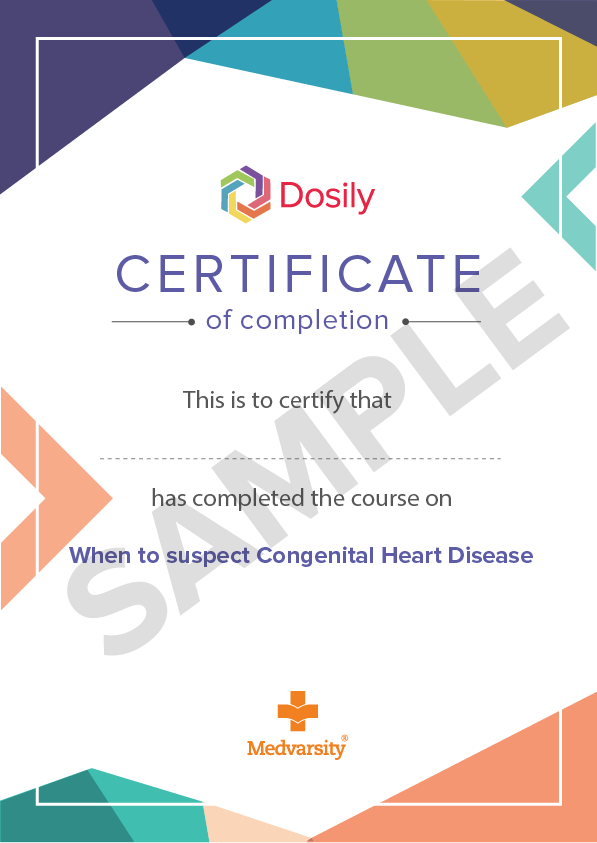
When to suspect Congenital Heart Disease
 66 Users Enrolled
66 Users Enrolled

Lead Pediatric cardiologist, Congenital and Structural interventional cardiologist
 Last Updated 04/2021
Last Updated 04/2021
-
Sample Certificate
-
Lectures1 Video
-
Enrolled 66 Students enrolled
Related Courses
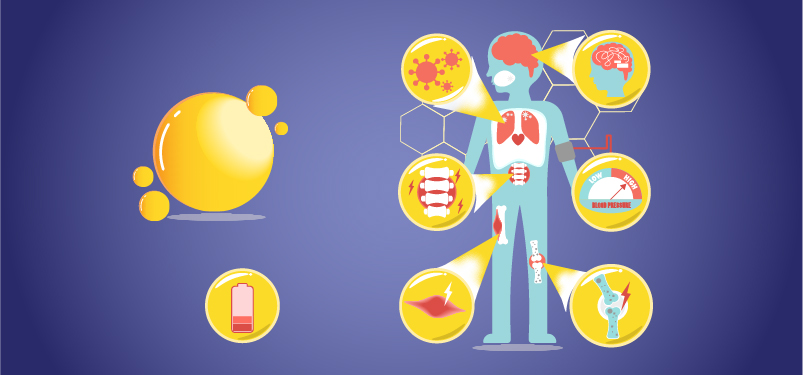
read more
INR 799
https://storage.googleapis.com/master-transformer-9446/DOSILY/Kite%20to%20Dosily%203/Primary%20Immune%20Deficiency-A%20Clinical%20Approach/Primary%20Immune%20Deficiency-A%20Clinical%20Approach_Dr.%20Sagar%20Bhattad_Explainer.mp4
Primary Immune Deficiency-A Clinical Approach
 3.4K
3.4K

₹ 799
Primary Immune Deficiency-A Clinical Approach
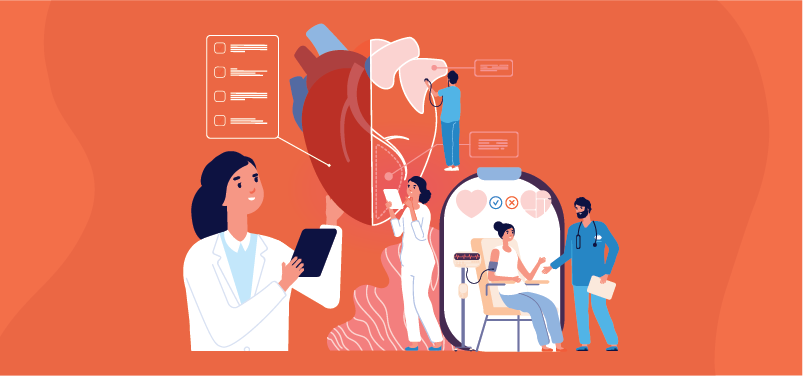
read more
INR 999
https://storage.googleapis.com/master-transformer-9446/DOSILY/Kite%20to%20Dosily%203/Certificate%20Course%20in%20Essentials%20of%20Cardiac%20Nursing/Certificate%20course%20in%20Essentials%20of%20Cardiac%20Nursing.mp4
Certificate Course in Essentials of Cardiac Nursing
 3.6K
3.6K
₹ 999
Certificate Course in Essentials of Cardiac Nursing

read more
INR 799
https://storage.googleapis.com/master-transformer-9446/DOSILY/Kite%20to%20Dosily%203/A%20Case%20Vignette%20on%20Staphylococcal%20Toxic%20Shock%20Syndrome/A%20Case%20Vignette%20on%20Staphylococcal%20Toxic%20Shock%20Syndrome_Explainer.mp4
A Case Vignette on Staphylococcal Toxic Shock Syndrome
 2.5K
2.5K

₹ 799
A Case Vignette on Staphylococcal Toxic Shock Syndrome
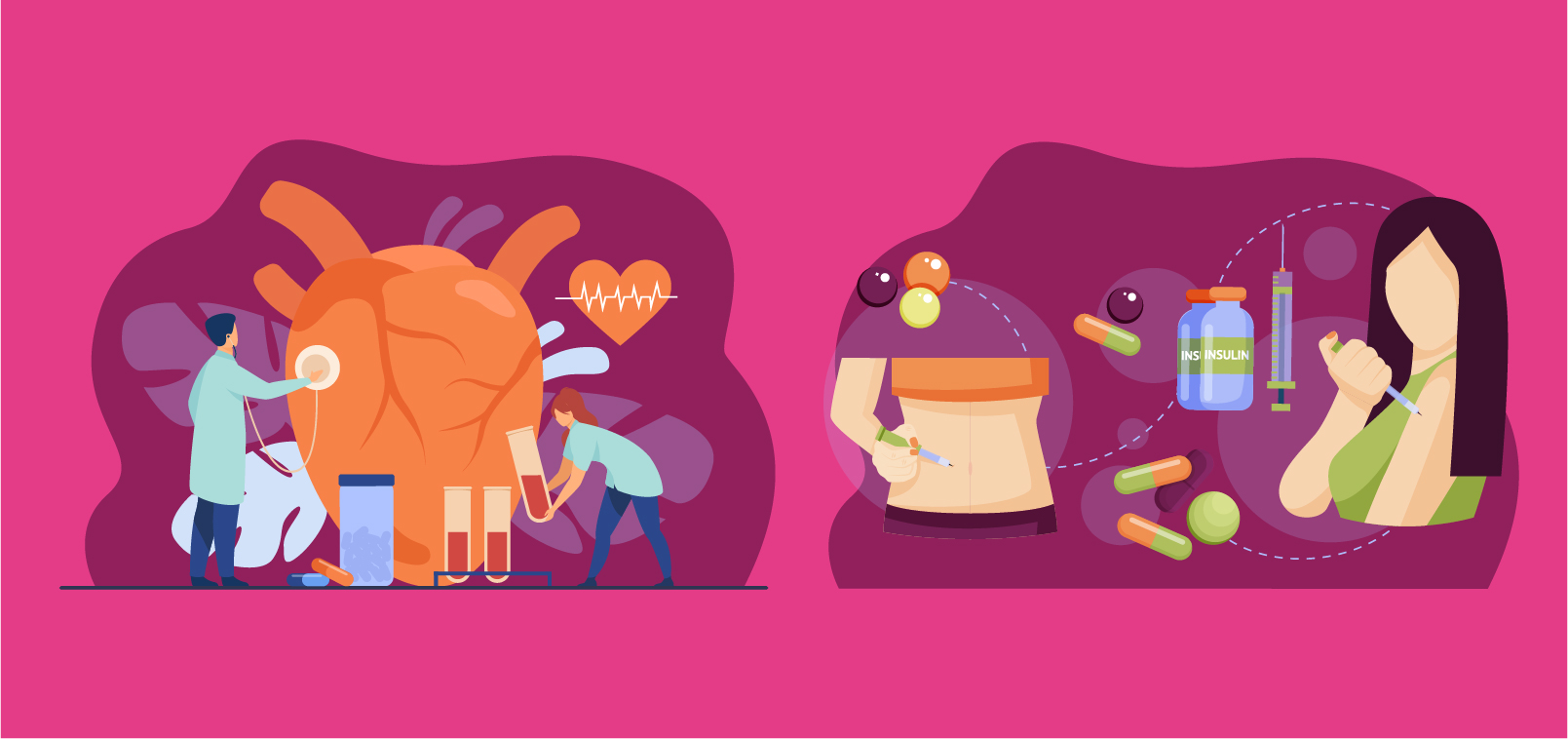
read more
INR 999
https://storage.googleapis.com/master-transformer-9446/DOSILY/Kite%20to%20Dosily%203/New%20Antidiabetic%20Drugs%20and%20Cardiovascular%20Outcomes/New%20Antidiabetic%20Drugs%20and%20Cardiovascular%20Outcomes_Explainer
New Antidiabetic Drugs and Cardiovascular Outcomes
 3.2K
3.2K

₹ 999
New Antidiabetic Drugs and Cardiovascular Outcomes
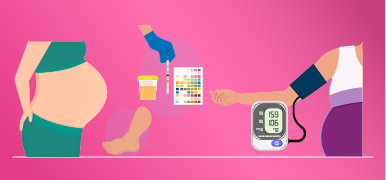
read more
INR 999
https://storage.googleapis.com/master-transformer-9446/DOSILY/Kite%20to%20Dosily%203/ESC-EAS%20Lipid%20Guidelines%202019/ESC-EAS%20Lipid%20Gidelines%202019_Explainer.mp4
ESC-EAS Lipid Guidelines 2019
 2.1K
2.1K

₹ 999
ESC-EAS Lipid Guidelines 2019
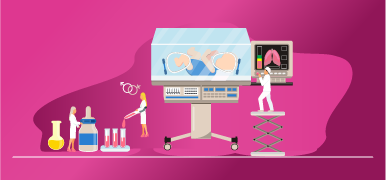
read more
INR 799
https://storage.googleapis.com/master-transformer-9446/DOSILY/Kite%20to%20Dosily%203/Common%20Neonatal%20problems%20seen%20in%20A%26E/Common%20Neonatal%20problems%20seen%20in%20A%26E_Explainer.mp4
Common Neonatal Problems Seen in A&E
 2K
2K

₹ 799
Common Neonatal Problems Seen in A&E
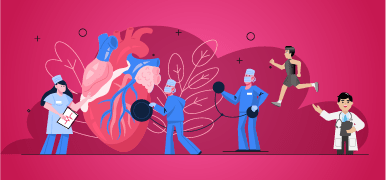
read more
INR 799
https://storage.googleapis.com/master-transformer-9446/DOSILY/Kite%20to%20Dosily%203/Cardiovascular%20Disease%20and%20Diabetes%20%E2%80%93%20Role%20of%20Exercise%20Prescription/Cardiovascular%20Disease%20and%20Diabetes_Explainer.mp4
Cardiovascular Disease and Diabetes – Role of Exercise Prescription
 6.1K
6.1K

₹ 799
Cardiovascular Disease and Diabetes – Role of Exercise Prescription
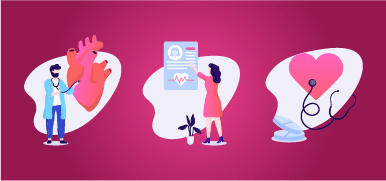
read more
https://storage.googleapis.com/master-transformer-9446/DOSILY/Kite%20to%20Dosily%203/Cardiac%20Diseases%20%E2%80%93%20An%20Unpredictable%20Diagnosis/Cardiac%20Diseases%20-%20An%20Unpredictable%20Diagnosis_Explainer.mp4
Cardiac Diseases – An Approach To Unpredictable Diagnosis
 13.1K
13.1K
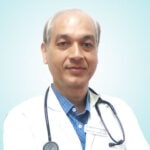
free
Cardiac Diseases – An Approach To Unpredictable Diagnosis
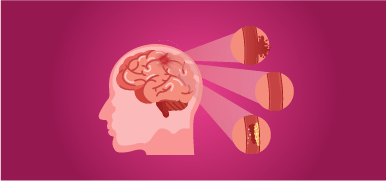
read more
https://storage.googleapis.com/master-transformer-9446/DOSILY/Kite%20to%20Dosily%203/Stroke%20Mimics%20and%20Chameleons/Stroke%20Mimics%20and%20Chameleons_Explainer.mp4
Stroke Mimics and Chameleons
 8.9K
8.9K
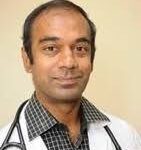
free
Stroke Mimics and Chameleons
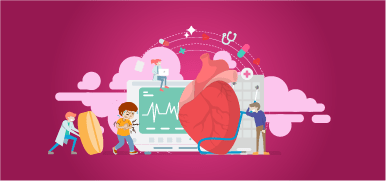
read more
https://storage.googleapis.com/master-transformer-9446/DOSILY/Kite%20to%20Dosily%203/A%20Rare%20Case%20of%20Childhood%20Stroke/A%20Rare%20Case%20of%20Childhood%20Stroke_Explainer.mp4
A Rare Case of Childhood Stroke
 7.6K
7.6K

free
A Rare Case of Childhood Stroke
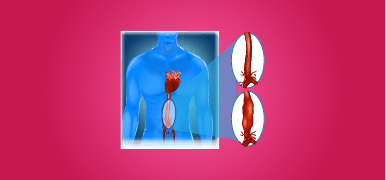
read more
https://storage.googleapis.com/master-transformer-9446/DOSILY/Kite%20to%20Dosily%203/Diagnostic%20Challenge%20%E2%80%93%20A%20Case%20Presentation/Diagnostic%20Challenge%20-%20A%20Case%20Presentation_Explainer.mp4
Diagnostic Challenge – A Case Presentation
 6.9K
6.9K
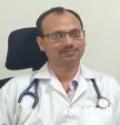
free
Diagnostic Challenge – A Case Presentation
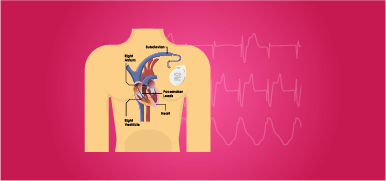
read more
https://storage.googleapis.com/master-transformer-9446/DOSILY/Kite%20to%20Dosily%203/Watchman%20LAAC%20Device/Watchman%20LAAC%20Device_Explainer.mp4
Left Atrial Appendage Closure – The Watchman Device
 6.9K
6.9K

free
Left Atrial Appendage Closure – The Watchman Device
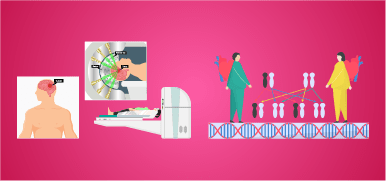
read more
https://storage.googleapis.com/master-transformer-9446/DOSILY/Kite%20to%20Dosily%203/Radiofrequency%20Ablation%20in%20Tachy%20Cardiomyopathy/Radiofrequency%20Ablation%20in%20Tachy%20Cardiomyopathy_Explainer.mp4
Radiofrequency Ablation in Tachy Cardiomyopathy
 4.8K
4.8K
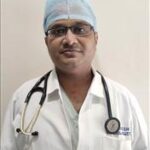
free
Radiofrequency Ablation in Tachy Cardiomyopathy
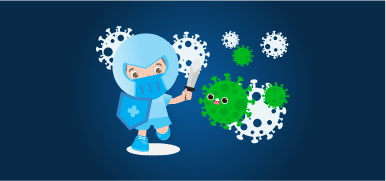
read more
https://storage.googleapis.com/master-transformer-9446/DOSILY/Kite%20to%20Dosily%203/COVID-19%20in%20Children/COVID%20-%2019%20in%20Children_Explainer.mp4
COVID-19 in Children
 8.1K
8.1K
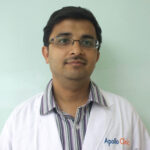
free
COVID-19 in Children

read more
https://storage.googleapis.com/master-transformer-9446/DOSILY/Kite%20to%20Dosily%203/Minimal%20Access%20Cardiac%20Surgery%20%E2%80%93%20A%20New%20Approach/Minimal%20Access%20Cardiac%20Surgery-%20A%20New%20Approach_Explainer.mp4
Minimal Access Cardiac Surgery – A New Approach
 5.7K
5.7K

free
Minimal Access Cardiac Surgery – A New Approach
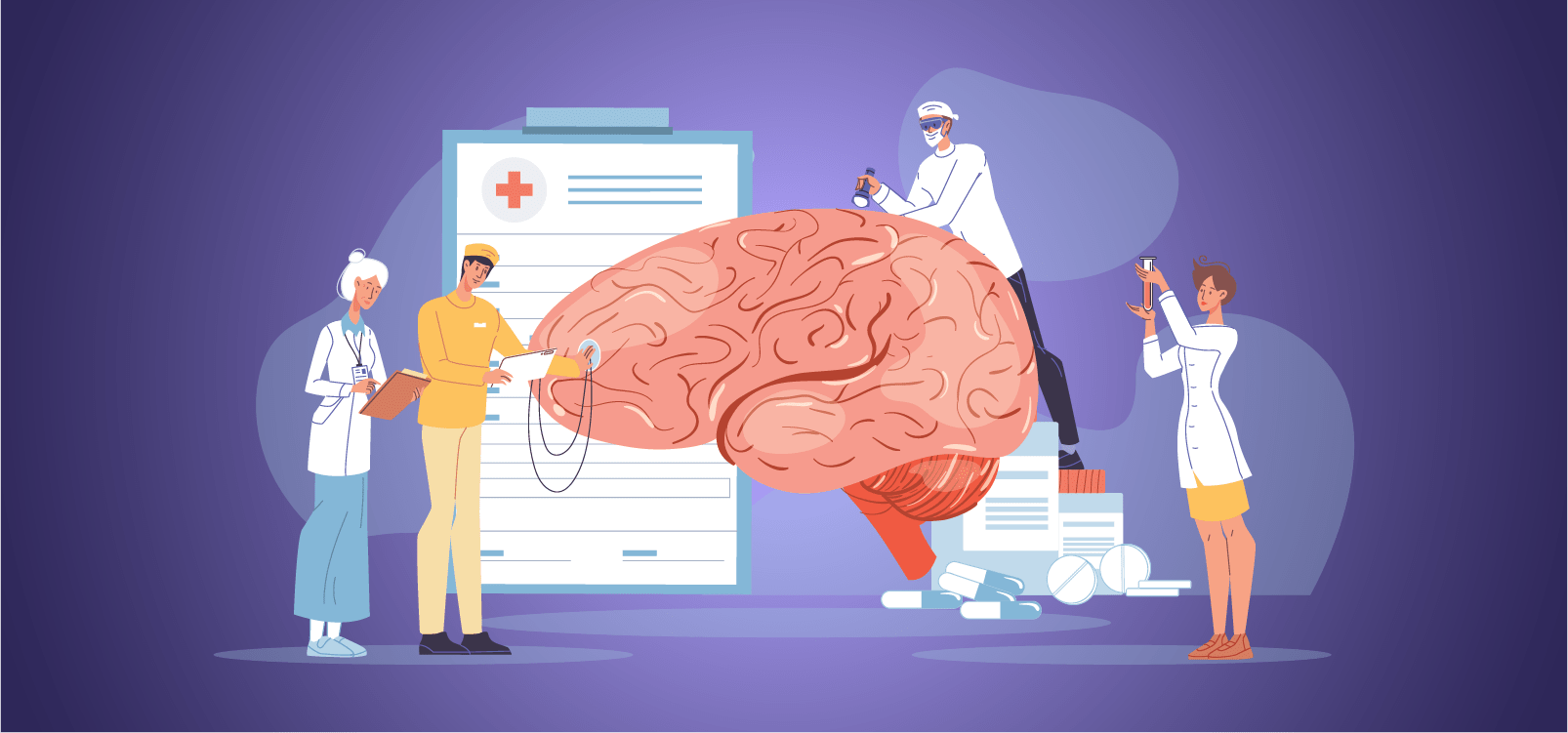
read more
INR 499
https://storage.googleapis.com/master-transformer-9446/DOSILY/Kite%20to%20Dosily%203/Acute%20Stroke%20and%20its%20Initial%20Management/Acute%20Stroke%20and%20its%20Initial%20Management_Explainer.mp4
Acute Stroke and its Initial Management
 6K
6K

₹ 499
Acute Stroke and its Initial Management

read more
https://storage.googleapis.com/master-transformer-9446/DOSILY/Kite%20to%20Dosily%203/Medical%20Nutrition%20therapy%20in%20Heart%20Failure/Medical%20Nutrition%20therapy%20in%20Heart%20Failure_Explainer.mp4
Medical Nutrition Therapy in Heart Failure
 6K
6K
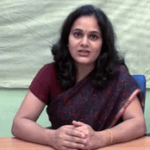
free
Medical Nutrition Therapy in Heart Failure

read more
https://storage.googleapis.com/master-transformer-9446/DOSILY/Kite%20to%20Dosily%203/Medical%20Nutrition%20Therapy%20in%20Stroke/Medical%20Nutrition%20therapy%20in%20Stroke_Explainer.mp4
Medical Nutrition Therapy in Stroke
 2.4K
2.4K

free
Medical Nutrition Therapy in Stroke

read more
https://storage.googleapis.com/master-transformer-9446/DOSILY/Kite%20to%20Dosily%203/Nutritional%20Care%20Plan%20in%20Heart%20Transplant/Nutritional%20Care%20Plan%20in%20Heart%20Transplant_Explainer.mp4
Nutritional Care Plan in Heart Transplant
 2.5K
2.5K

free
Nutritional Care Plan in Heart Transplant

read more
https://storage.googleapis.com/master-transformer-9446/DOSILY/Kite%20to%20Dosily%203/Role%20of%20Diet%20in%20the%20Management%20of%20Cardiovascular%20Diseases/Role%20of%20Diet%20in%20the%20Management%20of%20Cardiovascular%20Diseases_Explainer.mp4
Role of Diet in the Management of Cardiovascular Diseases
 2.2K
2.2K

free
Role of Diet in the Management of Cardiovascular Diseases
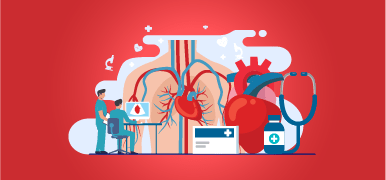
read more
https://storage.googleapis.com/master-transformer-9446/DOSILY/Kite%20to%20Dosily%203/Cardiac%20Surgery/Cardiac%20Surgery_Explainer.mp4
Cardiac Surgery
 2.8K
2.8K

free
Cardiac Surgery

read more
https://storage.googleapis.com/master-transformer-9446/DOSILY/Kite%20to%20Dosily%203/Medical%20Nutrition%20Therapy%20in%20Cardiovascular%20Disease/Medical%20Nutrition%20Therapy%20in%20Cardiovascular%20Disease_Explainer.mp4
Medical Nutrition Therapy in Cardiovascular Disease
 2.9K
2.9K

free
Medical Nutrition Therapy in Cardiovascular Disease
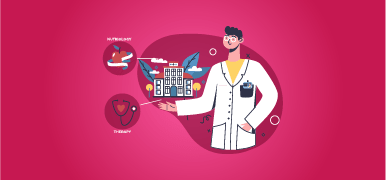
read more
https://storage.googleapis.com/master-transformer-9446/DOSILY/Kite%20to%20Dosily%203/Medical%20Nutrition%20Therapy%20for%20Hypertension%20and%20its%20Practical%20Application/Medical%20Nutrition%20Therapy%20for%20Hypertension%20and%20its%20Practical%20Application_Explainer.mp4
Medical Nutrition Therapy for Hypertension and its Practical Application
 2.7K
2.7K

free
Medical Nutrition Therapy for Hypertension and its Practical Application
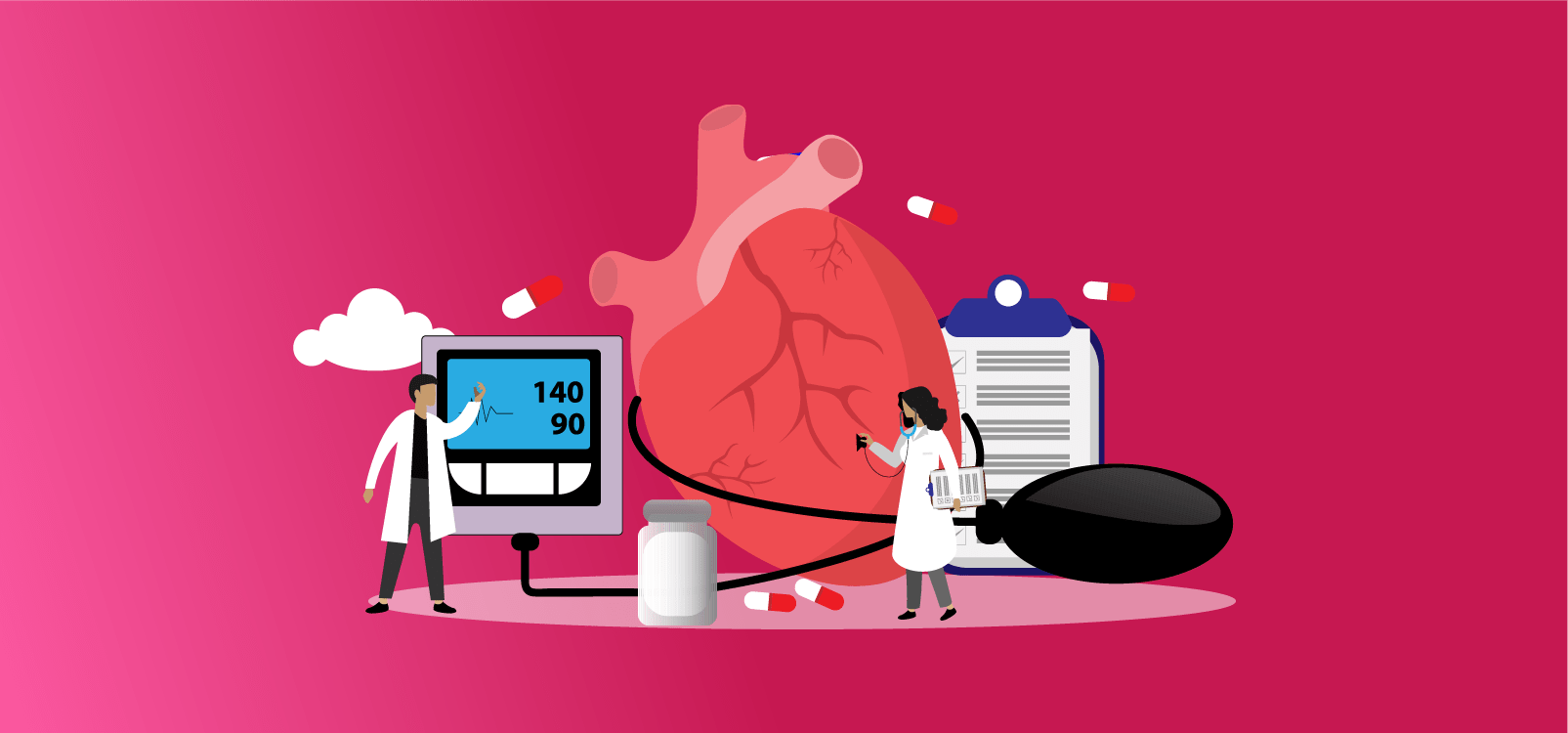
read more
https://storage.googleapis.com/master-transformer-9446/DOSILY/Kite%20to%20Dosily%203/Primary%20and%20Secondary%20Hypertension/Primary%20and%20Secondary%20Hypertension_Explainer.mp4
Primary and Secondary Hypertension
 2.8K
2.8K

free
Primary and Secondary Hypertension

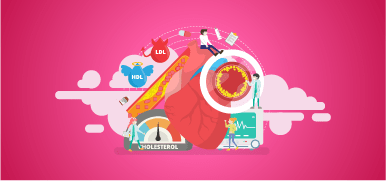
read more
INR 499
https://storage.googleapis.com/master-transformer-9446/DOSILY/Kite%20to%20Dosily%203/Hypertensive%20Crises%20-%20Pharmacological%20Intervention/Hypertensive%20Crises%20-%20Pharmacological%20Intervention.mp4
Hypertensive Crisis – Pharmacological Intervention
 18.3K
18.3K

₹ 499
Hypertensive Crisis – Pharmacological Intervention

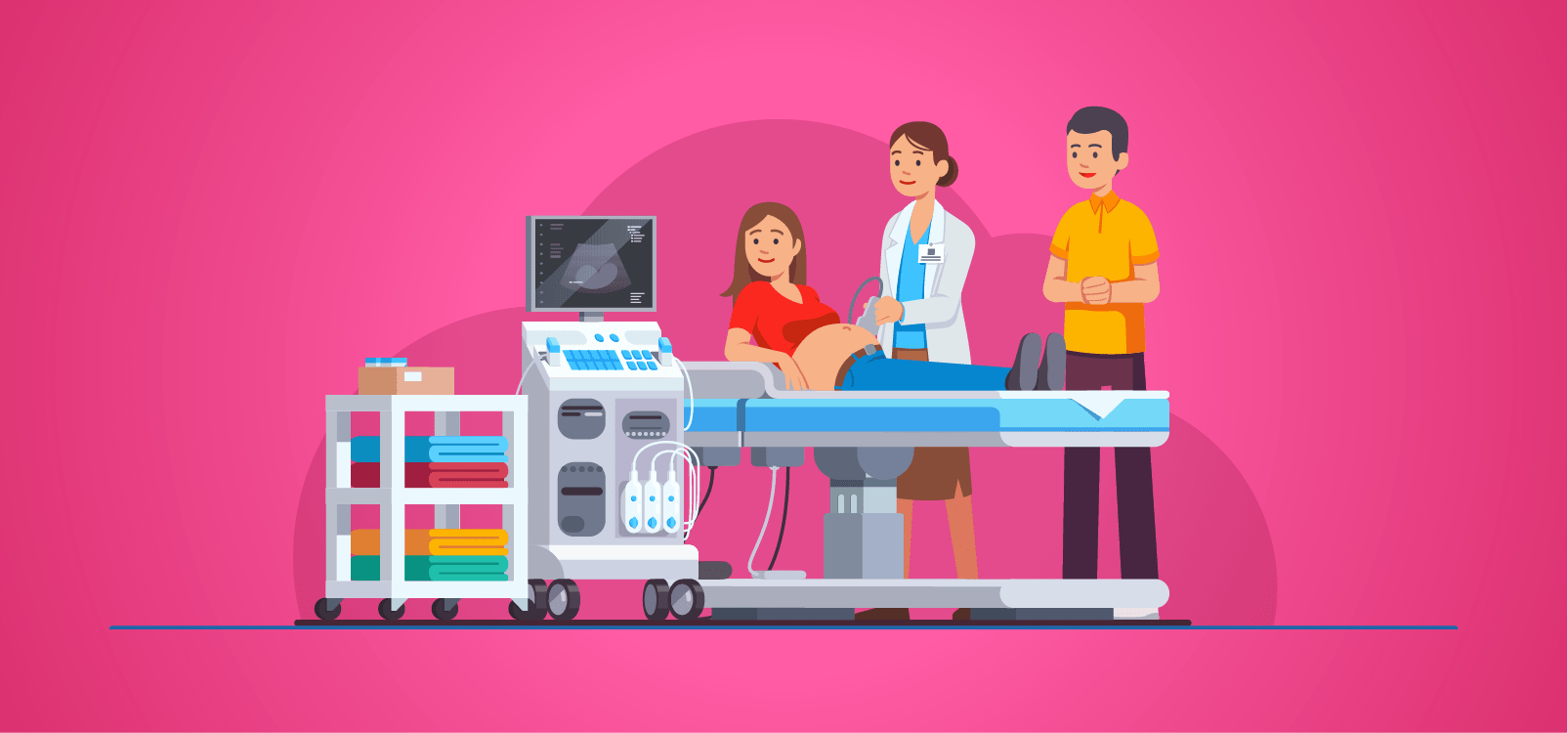
read more
https://storage.googleapis.com/master-transformer-9446/DOSILY/IP%20Courses/Making%20sense%20of%20your%20echo%20report/Making%20sense%20of%20your%20echo%20report_Dr.%20Sanjay%20Gupta_explainer.mp4
Making Sense of an Echocardiography Report
 14.5K
14.5K
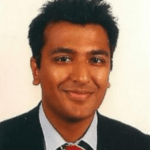
free
Making Sense of an Echocardiography Report

read more
https://storage.googleapis.com/master-transformer-9446/DOSILY/Kite%20to%20Dosily%203/The%20Second%20Heart%20Attack%3A%20The%20Teachings%20of%20Pegasus%20and%20Plato/The%20Second%20Heart%20Attack%20The%20teachings%20of%20Pegasus%20and%20Plato_Explainer.mp4
The Second Heart Attack: The Teachings of Pegasus and Plato
 6.6K
6.6K

free
The Second Heart Attack: The Teachings of Pegasus and Plato

read more
https://storage.googleapis.com/master-transformer-9446/DOSILY/Kite%20to%20Dosily%203/My%20Heart%20Risk%20Calculator/My%20Heart%20Risk%20Calculator%20_Explainer.mp4
My Heart Risk Calculator
 6.6K
6.6K

free
My Heart Risk Calculator
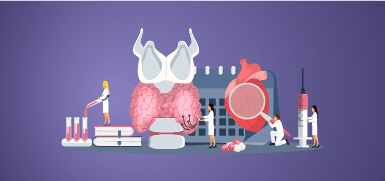
read more
https://storage.googleapis.com/master-transformer-9446/DOSILY/Kite%20to%20Dosily%203/Hypothyroidism%20and%20Its%20Effects%20on%20the%20Heart/Hypothyroidism%20and%20its%20Effects%20on%20the%20Heart_Explainer.mp4
Hypothyroidism and Its Effects on the Heart
 6.6K
6.6K

free
Hypothyroidism and Its Effects on the Heart

read more
https://storage.googleapis.com/master-transformer-9446/DOSILY/Kite%20to%20Dosily%203/Myocardial%20Bridges/Myocardial%20Bridges_Explainer.mp4
Myocardial Bridges
 5.1K
5.1K

free
Myocardial Bridges
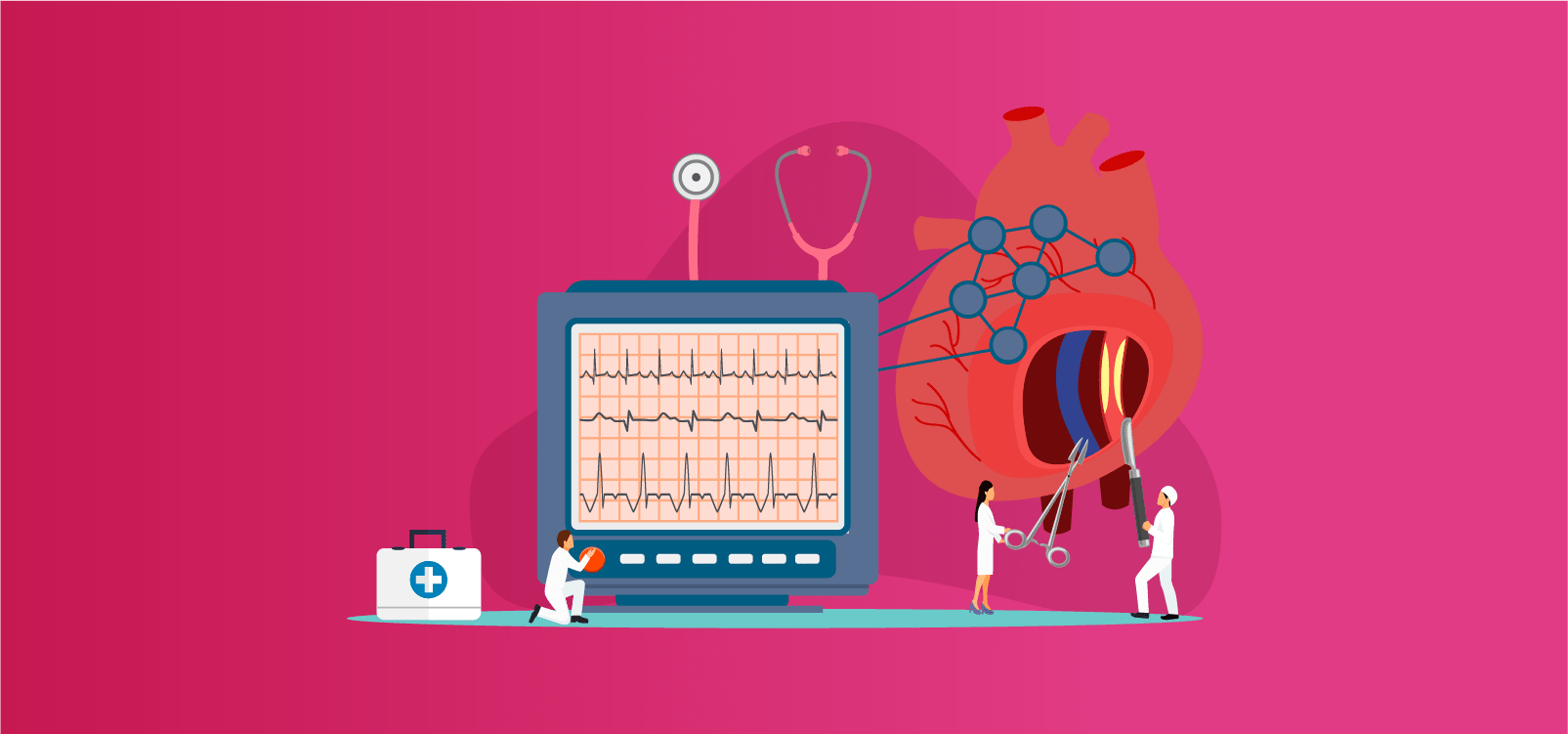
read more
https://storage.googleapis.com/master-transformer-9446/DOSILY/Kite%20to%20Dosily%203/Spontaneous%20Coronary%20Artery%20Dissection%20(SCAD)_%20An%20Important%20Cause%20of%20Heart%20Attacks%20in%20the%20Young/Spontaneous%20coronary%20artery%20dissection%20(SCAD)_%20Explainer.mp4
Spontaneous Coronary Artery Dissection (SCAD) – An Important Cause of Heart Attacks in the Young
 6K
6K

free
Spontaneous Coronary Artery Dissection (SCAD) – An Important Cause of Heart Attacks in the Young
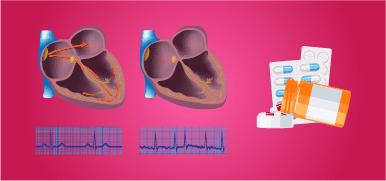
read more
https://storage.googleapis.com/master-transformer-9446/DOSILY/Kite%20to%20Dosily%203/Atrial%20Fibrillation%20-%20The%20Silent%20Enemy/AF%20The%20Silent%20Enemy_Explainer.mp4
Atrial Fibrillation – The Silent Enemy
 5.3K
5.3K

free
Atrial Fibrillation – The Silent Enemy
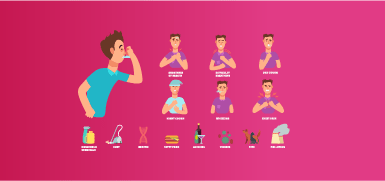
read more
https://storage.googleapis.com/master-transformer-9446/DOSILY/Kite%20to%20Dosily%203/The%20Dangers%20and%20other%20Causes%20of%20Chest%20Pain/The%20Dangers%20and%20other%20causes%20of%20chest%20pain_Explainer.mp4
The Dangers and other Causes of Chest Pain
 5.4K
5.4K

free
The Dangers and other Causes of Chest Pain
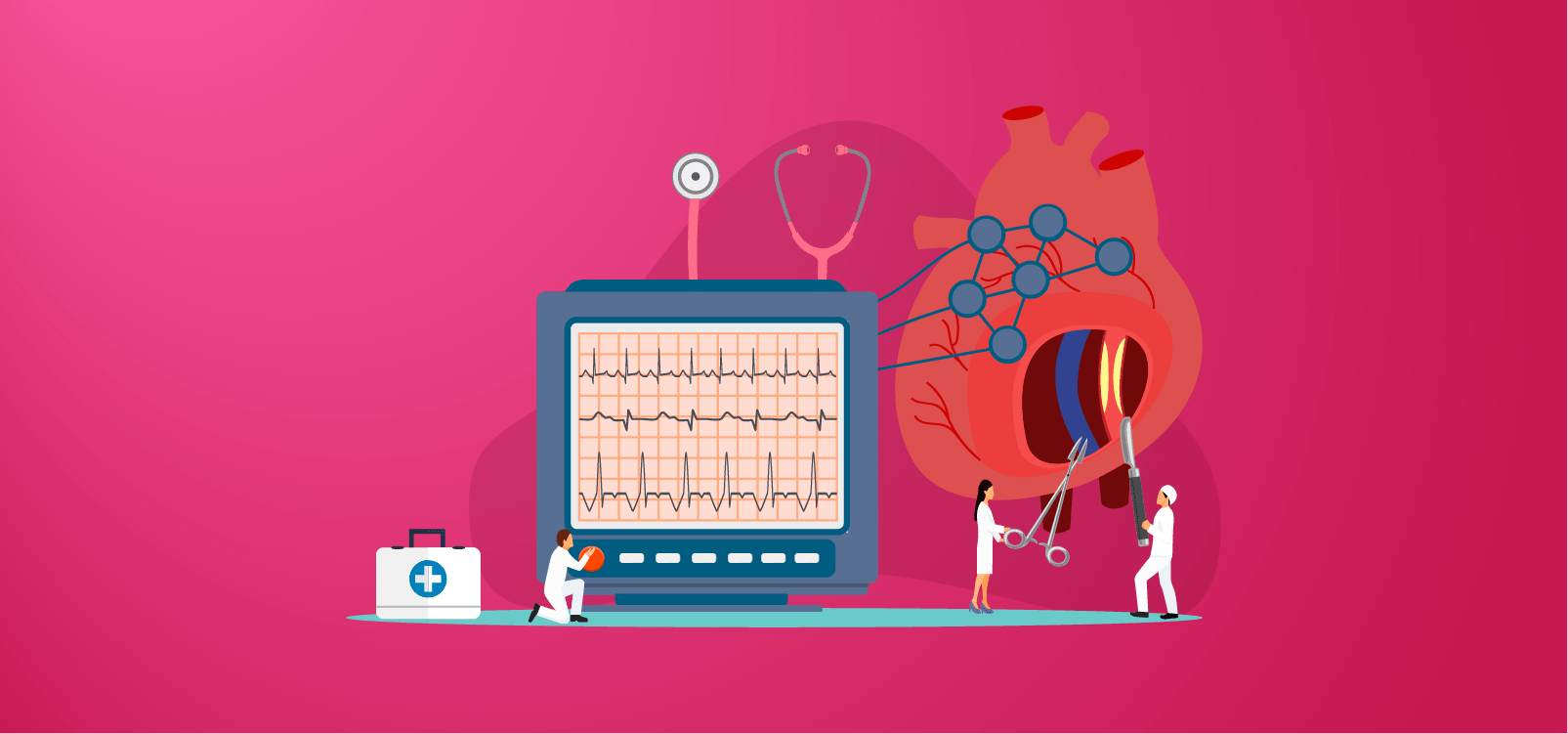
read more
https://storage.googleapis.com/master-transformer-9446/DOSILY/Kite%20to%20Dosily%203/Patent%20Foramen%20Ovale%20and%20Wolf%20Parkinson%20White%20Syndrome/Patent%20foramen%20Ovale%20(PFO)%20and%20Wolff%20Parkinson%20White%20Syndrome_Explainer.mp4
Patent Foramen Ovale and Wolf Parkinson White Syndrome
 5.1K
5.1K

free
Patent Foramen Ovale and Wolf Parkinson White Syndrome

read more
https://storage.googleapis.com/master-transformer-9446/DOSILY/Kite%20to%20Dosily%203/New%20Hope%20for%20Heart%20Failure%20and%20SVT/New%20Hope%20for%20Heart%20failure%20and%20SVT_Explainer.mp4
New Hope for Heart Failure and SVT
 5K
5K

free
New Hope for Heart Failure and SVT
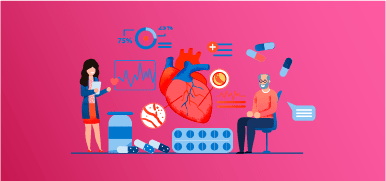
read more
https://storage.googleapis.com/master-transformer-9446/DOSILY/Kite%20to%20Dosily%203/Monitors%20for%20Heart%20Palpitations%20and%20Role%20of%20the%20Vagus%20Nerve/Monitors%20for%20Heart%20palpitations%20and%20%20role%20of%20the%20vagus%20nerve_Explainer.mp4
Monitors for Heart Palpitations and Role of the Vagus Nerve
 6.2K
6.2K

free
Monitors for Heart Palpitations and Role of the Vagus Nerve
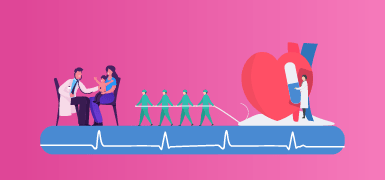
read more
INR 799
https://storage.googleapis.com/master-transformer-9446/DOSILY/Kite%20to%20Dosily%203/Pediatric%20Tachyarrhythmia%20Management/Pediatric%20Tachyarrhythmia%20Management_Explainer.mp4
Pediatric Tachyarrhythmia Management
 6.1K
6.1K
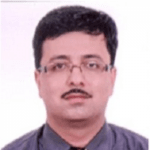
₹ 799
Pediatric Tachyarrhythmia Management

read more
INR 499
https://storage.googleapis.com/master-transformer-9446/DOSILY/Kite%20to%20Dosily%203/Infective%20Endocarditis%20and%20Its%20Management/Infective%20Endocarditis%20and%20Its%20Management_Explainer.mp4
Infective Endocarditis and Its Management
 4.9K
4.9K
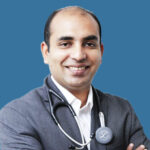
₹ 499
Infective Endocarditis and Its Management
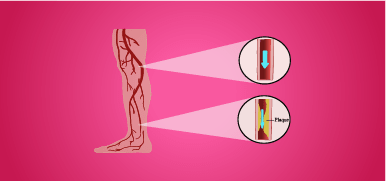
read more
INR 799
https://storage.googleapis.com/master-transformer-9446/DOSILY/Kite%20to%20Dosily%203/Acute%20Arterial%20Occlusion%20and%20Its%20Management/Acute%20Arterial%20Occlusion%20and%20Its%20Management_Explainer.mp4
Acute Arterial Occlusion and Its Management
 5.9K
5.9K

₹ 799
Acute Arterial Occlusion and Its Management
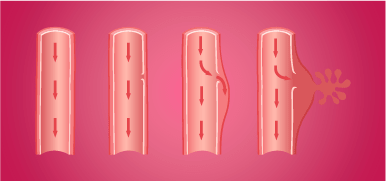
read more
INR 499
https://storage.googleapis.com/master-transformer-9446/DOSILY/Kite%20to%20Dosily%203/Aortic%20Dissection%20and%20Its%20Management/Aortic%20Dissection%20and%20Its%20Management_Explainer.mp4
Aortic Dissection and Its Management
 5.8K
5.8K

₹ 499
Aortic Dissection and Its Management
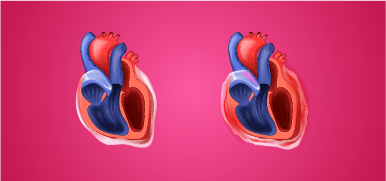
read more
INR 499
https://storage.googleapis.com/master-transformer-9446/DOSILY/Kite%20to%20Dosily%203/Pericarditis%20and%20Cardiac%20Tamponade%20%E2%80%93%20Management/Pericarditis%20and%20Cardiac%20Tamponade%20-%20Management_Explainer.mp4
Pericarditis and Cardiac Tamponade – Management
 4.9K
4.9K

₹ 499
Pericarditis and Cardiac Tamponade – Management
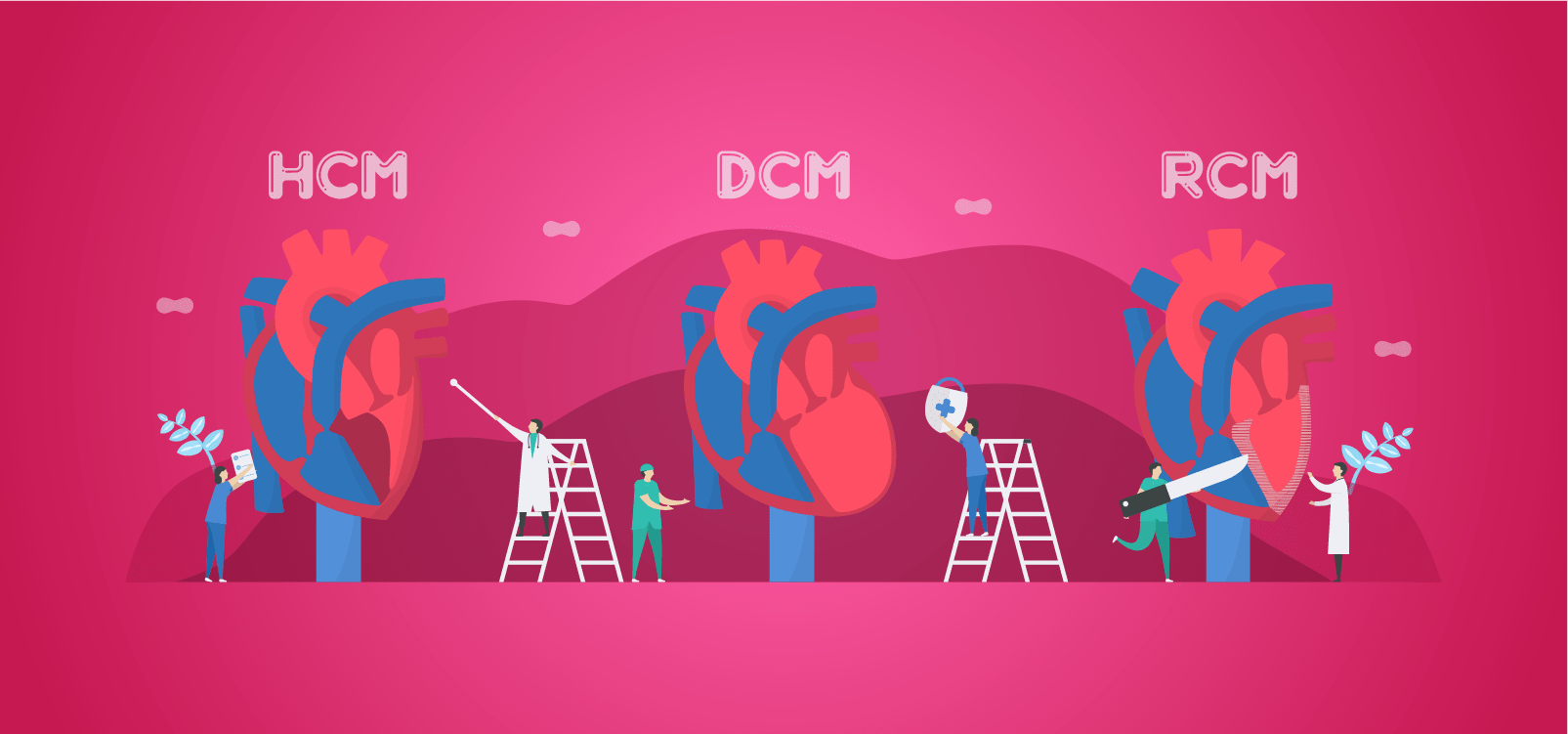
read more
INR 799
https://storage.googleapis.com/master-transformer-9446/DOSILY/Kite%20to%20Dosily%203/Cardiomyopathies%20and%20their%20Management/Cardiomyopathies%20and%20Their%20Management_Explainer.mp4
Cardiomyopathies and their Management
 5.8K
5.8K

₹ 799
Cardiomyopathies and their Management
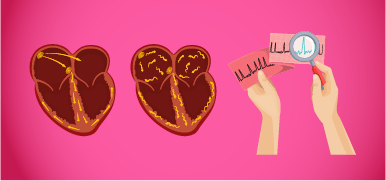
read more
INR 999
https://storage.googleapis.com/master-transformer-9446/DOSILY/Kite%20to%20Dosily%203/Ventricular%20Arrhythmias%20in%20the%20Normal%20Heart/Ventricular%20Arrhythmias%20in%20The%20Normal%20Heart_Explainer.mp4
Ventricular Arrhythmias in the Structurally Normal Heart
 5K
5K

₹ 999
Ventricular Arrhythmias in the Structurally Normal Heart
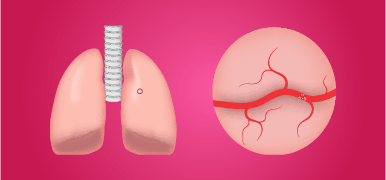
read more
INR 499
https://storage.googleapis.com/master-transformer-9446/DOSILY/Kite%20to%20Dosily%203/Acute%20Pulmonary%20Embolism%20and%20its%20Management/Acute%20Pulmonary%20Embolism%20and%20its%20Management_Explainer.mp4
Acute Pulmonary Embolism and its Management
 5.8K
5.8K

₹ 499
Acute Pulmonary Embolism and its Management
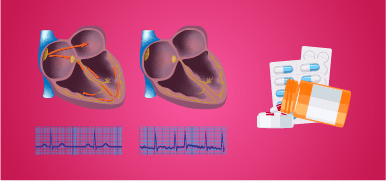
read more
INR 799
https://storage.googleapis.com/master-transformer-9446/DOSILY/Kite%20to%20Dosily%203/Atrial%20Fibrillation%20and%20Its%20Management/Atrial%20Fibrillation%20and%20Its%20Management_Explainer.mp4
Management of Atrial Fibrillation
 5K
5K

₹ 799
Management of Atrial Fibrillation
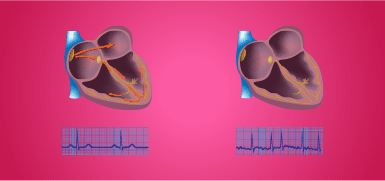
read more
INR 999
https://storage.googleapis.com/master-transformer-9446/DOSILY/Kite%20to%20Dosily%203/Introduction%20to%20Atrial%20Fibrillation/Introduction%20to%20Atrial%20Fibrillation_Explainer.mp4
Introduction to Atrial Fibrillation: Pathophysiology and Stroke Prevention
 5.8K
5.8K

₹ 999
Introduction to Atrial Fibrillation: Pathophysiology and Stroke Prevention
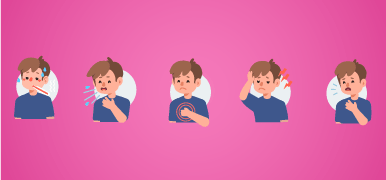
read more
INR 799
https://storage.googleapis.com/master-transformer-9446/DOSILY/Kite%20to%20Dosily%203/Chronically%20ill%20or%20Traumatic%20Child%20-%20A%20Systematic%20Approach/Chronically%20ill%20or%20Traumatic%20Child_Explainer.mp4
Chronically ill or Traumatic Child – A Systematic Approach
 5.2K
5.2K

₹ 799
Chronically ill or Traumatic Child – A Systematic Approach

read more
INR 499
https://storage.googleapis.com/master-transformer-9446/DOSILY/Kite%20to%20Dosily%203/High%20Quality%20CPR%20in%20Pediatrics/High%20Quality%20CPR%20in%20Pediatrics_Explainer.mp4
High Quality CPR in Pediatrics
 5.4K
5.4K

₹ 499
High Quality CPR in Pediatrics
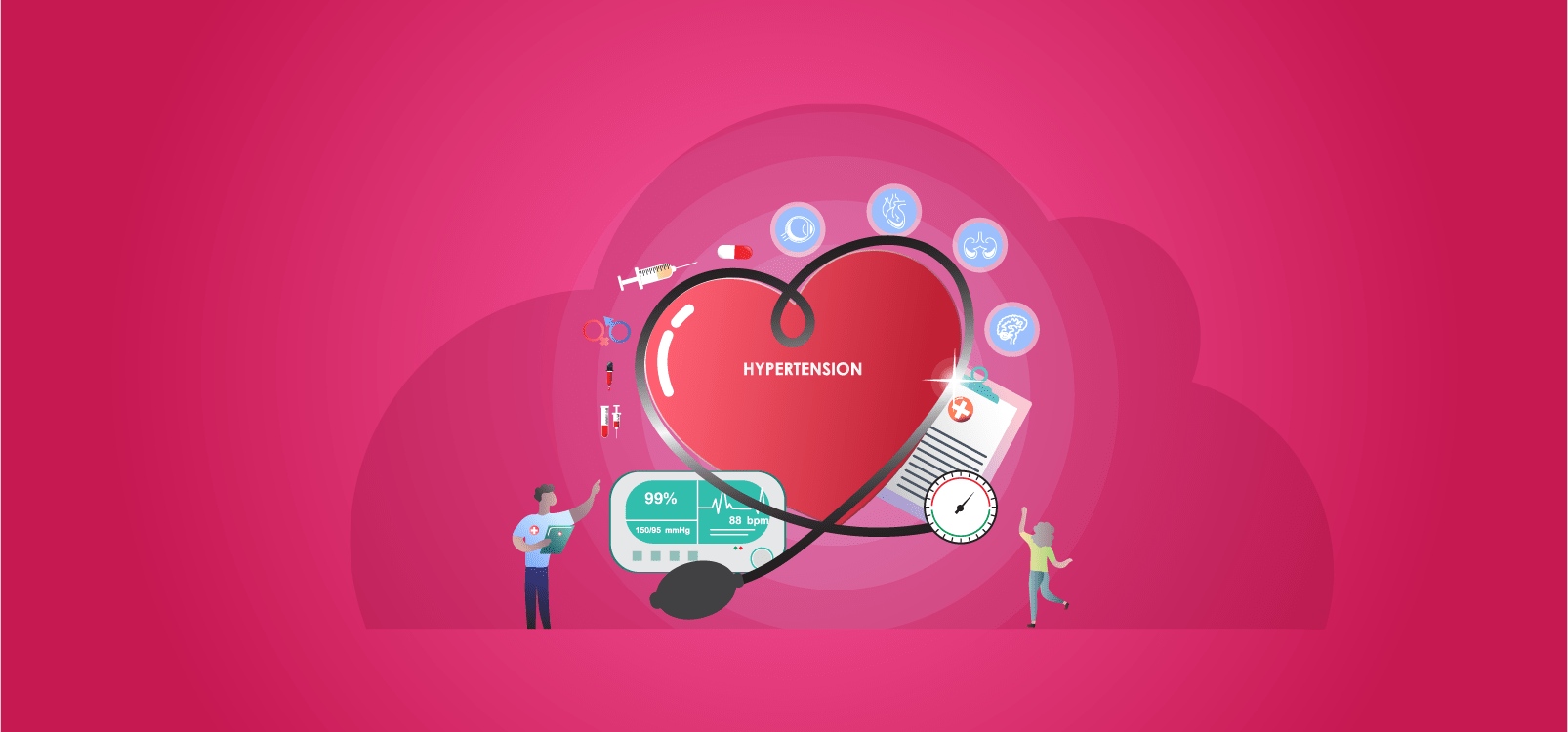
read more
INR 799
https://storage.googleapis.com/master-transformer-9446/DOSILY/Kite%20to%20Dosily%203/Guidelines%20in%20Hypertension%20Diagnosis%20and%20Prevention/Guidelines%20in%20Hypertension%20Diagnosis%20and%20Prevention_Explainer.mp4
Guidelines in Hypertension Diagnosis and Prevention
 5.3K
5.3K
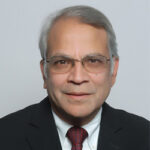
₹ 799
Guidelines in Hypertension Diagnosis and Prevention

read more
INR 799
https://storage.googleapis.com/master-transformer-9446/DOSILY/Kite%20to%20Dosily%203/Resistant%20Hypertension%20and%20Its%20Management/Resistant%20Hypertension%20and%20its%20management_Explainer.mp4
Resistant Hypertension and Its Management
 5.3K
5.3K

₹ 799
Resistant Hypertension and Its Management

read more
INR 499
https://storage.googleapis.com/master-transformer-9446/DOSILY/Kite%20to%20Dosily%203/Hypertension%20and%20Its%20Diagnosis/Hypertension%20and%20Its%20Diagnosis_Explainer.mp4
Hypertension and Its Diagnosis
 6.3K
6.3K

₹ 499
Hypertension and Its Diagnosis
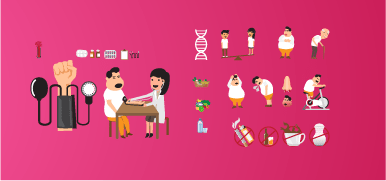
read more
INR 499
https://storage.googleapis.com/master-transformer-9446/DOSILY/Kite%20to%20Dosily%203/Hypertension%20-%20Non%20Pharmacological%20Management/Hypertension%20-%20Non%20Pharmacological%20Management_Explainer.mp4
Hypertension – Non Pharmacological Management
 5.2K
5.2K

₹ 499
Hypertension – Non Pharmacological Management
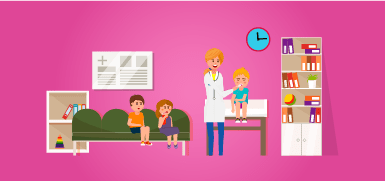
read more
INR 499
https://storage.googleapis.com/master-transformer-9446/DOSILY/Kite%20to%20Dosily%203/Targeted%20Temperature%20Management%20in%20Children/Targeted%20Temperature%20management%20in%20Children_Explainer.mp4
Targeted Temperature Management in Children
 5.1K
5.1K

₹ 499
Targeted Temperature Management in Children
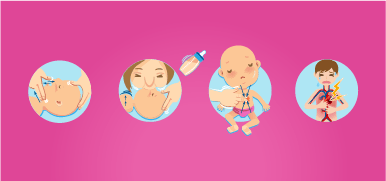
read more
INR 799
https://storage.googleapis.com/master-transformer-9446/DOSILY/Kite%20to%20Dosily%203/Pediatric%20Cardiac%20Arrest%20Management/Pediatric%20Cardiac%20Arrest%20Management_Explainer.mp4
Pediatric Cardiac Arrest Management
 5K
5K

₹ 799
Pediatric Cardiac Arrest Management
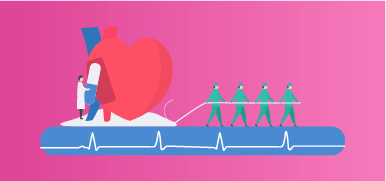
read more
INR 499
https://storage.googleapis.com/master-transformer-9446/DOSILY/Kite%20to%20Dosily%203/Pediatric%20Bradycardia%20Management/Pediatric%20Bradycardia%20Management_Explainer.mp4
Pediatric Bradycardia Management
 5.1K
5.1K

₹ 499
Pediatric Bradycardia Management
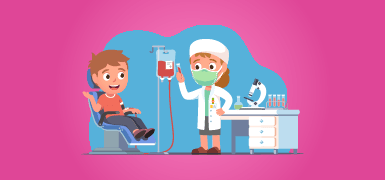
read more
INR 499
https://storage.googleapis.com/master-transformer-9446/DOSILY/Kite%20to%20Dosily%203/IV%20and%20IO%20Access%20in%20Pediatric%20Resuscitation/IV%20and%20IO%20Access%20in%20Pediatric%20Resuscitation_Explainer.mp4
IV and IO Access in Pediatric Resuscitation
 5.1K
5.1K

₹ 499
IV and IO Access in Pediatric Resuscitation
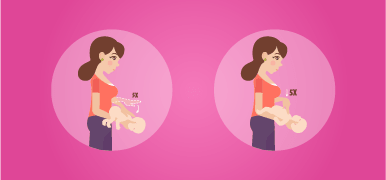
read more
INR 499
https://storage.googleapis.com/master-transformer-9446/DOSILY/Kite%20to%20Dosily%203/Pediatric%20Fluid%20Resuscitation/Pediatric%20Fluid%20Resuscitation%20(1).mp4
Pediatric Fluid Resuscitation
 5.8K
5.8K

₹ 499
Pediatric Fluid Resuscitation
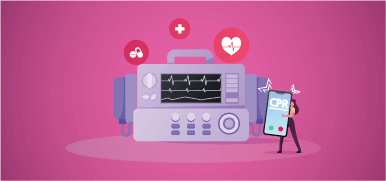
read more
https://storage.googleapis.com/master-transformer-9446/DOSILY/Kite%20to%20Dosily%203/Shock%20and%20Its%20Management%20in%20Children/shock%20and%20its%20management%20in%20children.mp4
Shock and Its Management in Children
 18.9K
18.9K

free
Shock and Its Management in Children
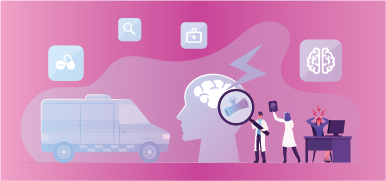
read more
INR 799
https://storage.googleapis.com/master-transformer-9446/DOSILY/Kite%20to%20Dosily%203/Shock%20and%20Its%20Recognition%20in%20Children/Shock%2C%20and%20Its%20Recognition%20in%20children.mp4
Shock and Its Recognition in Children
 5.7K
5.7K

₹ 799
Shock and Its Recognition in Children
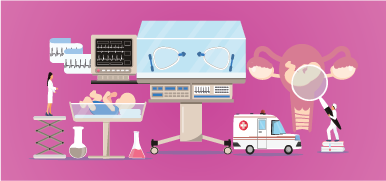
read more
INR 499
https://storage.googleapis.com/master-transformer-9446/DOSILY/Kite%20to%20Dosily%203/Oxygen%20Management%20and%20Oxygen%20Delivery%20System/Oxygen%20Management%2C%20and%20Oxygen%20Delivery%20Systems%20in%20Children.mp4
Oxygen Management and Oxygen Delivery Systems in Children
 5.2K
5.2K

₹ 499
Oxygen Management and Oxygen Delivery Systems in Children
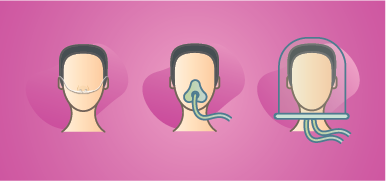
read more
INR 799
https://storage.googleapis.com/master-transformer-9446/DOSILY/Kite%20to%20Dosily%203/Respiratory%20Emergencies%20in%20Children%20-%20Management%20devices/Respiratory%20Emergencies%20-%20Mangement%20devices.mp4
Respiratory Emergencies in Children – Management Devices
 4.9K
4.9K

₹ 799
Respiratory Emergencies in Children – Management Devices
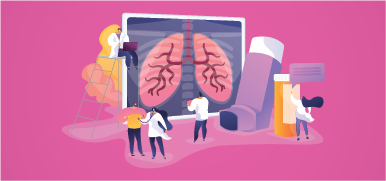
read more
INR 799
https://storage.googleapis.com/master-transformer-9446/DOSILY/Kite%20to%20Dosily%203/Pediatric%20Pneumonia%20-%20Management/Pediatric%20Pneumonia%20-%20Management.mp4
Pediatric Pneumonia – Management
 5.2K
5.2K
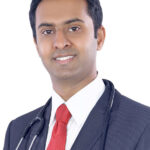
₹ 799
Pediatric Pneumonia – Management
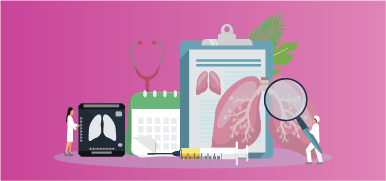
read more
INR 799
https://storage.googleapis.com/master-transformer-9446/DOSILY/Kite%20to%20Dosily%203/Respiratory%20Emergencies%20-%20Its%20Management%20in%20Children/Respiratory%20Emergencies%20-%20Its%20management%20in%20children.mp4
Respiratory Emergencies – Its Management in Children
 4.9K
4.9K

₹ 799
Respiratory Emergencies – Its Management in Children
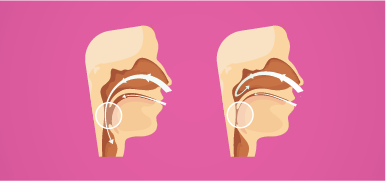
read more
INR 799
https://storage.googleapis.com/master-transformer-9446/DOSILY/Kite%20to%20Dosily%203/Upper%20Airway%20Obstruction%20in%20Children/upper%20airway%20obstruction_19Nov20.mp4
Upper Airway Obstruction in Children
 5.4K
5.4K

₹ 799
Upper Airway Obstruction in Children

read more
INR 499
https://storage.googleapis.com/master-transformer-9446/DOSILY/Kite%20to%20Dosily%203/Pediatric%20Rash%20-%20Stepwise%20Approach/pediatric%20rashes%20-%20Stepwise_Explainer.mp4
Pediatric Rash – Stepwise Approach
 5.7K
5.7K
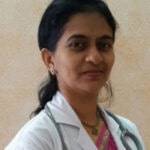
₹ 499
Pediatric Rash – Stepwise Approach

read more
INR 799
https://storage.googleapis.com/master-transformer-9446/DOSILY/Kite%20to%20Dosily%203/Pediatric%20Rashes%20-%20An%20Introduction/pediatric%20rashes%20-%20An%20introduction_Explainer.mp4
Pediatric Rashes – An Introduction
 5.7K
5.7K

₹ 799
Pediatric Rashes – An Introduction
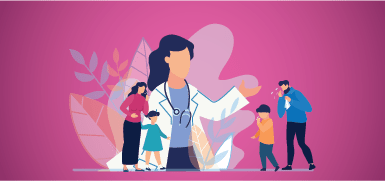
read more
https://storage.googleapis.com/master-transformer-9446/DOSILY/Kite%20to%20Dosily%203/Approach%20to%20Fever%20in%20Children/approach%20to%20fever%20in%20children_Explainer.mp4
Approach to Fever in Children
 24.4K
24.4K

free
Approach to Fever in Children
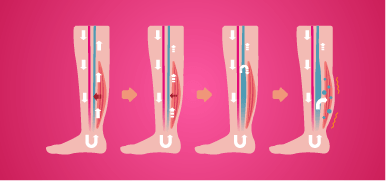
read more
INR 799
https://storage.googleapis.com/master-transformer-9446/DOSILY/Kite%20to%20Dosily%203/Approach%20to%20Edema/Approach%20to%20Edema_Explainer.mp4
Clinical Approach to a Case of Edema
 5.7K
5.7K

₹ 799
Clinical Approach to a Case of Edema
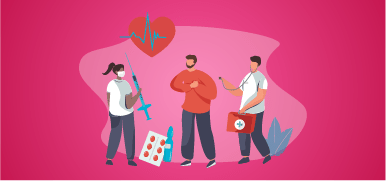
read more
INR 799
https://storage.googleapis.com/master-transformer-9446/DOSILY/Kite%20to%20Dosily%203/Chest%20Pain%20and%20Its%20management/Chest%20pain.mp4
Chest Pain and Its Management
 5.6K
5.6K

₹ 799
Chest Pain and Its Management
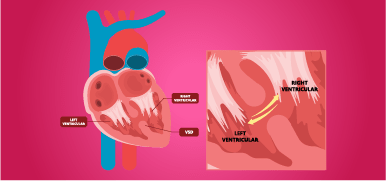
read more
INR 999
https://storage.googleapis.com/master-transformer-9446/DOSILY/Kite%20to%20Dosily%203/Approach%20to%20Cardiac%20Murmurs/Approach%20to%20Cardiac%20Murmurs_Explainer.mp4
Approach to Cardiac Murmurs
 5.4K
5.4K

₹ 999
Approach to Cardiac Murmurs
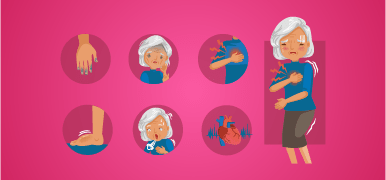
read more
INR 499
https://storage.googleapis.com/master-transformer-9446/DOSILY/Kite%20to%20Dosily%203/Palpitations%20and%20Its%20Management/Palptations.mp4
Palpitations and Its Management
 5.7K
5.7K

₹ 499
Palpitations and Its Management
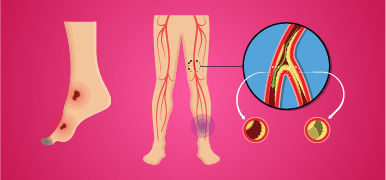
read more
INR 799
https://storage.googleapis.com/master-transformer-9446/DOSILY/Kite%20to%20Dosily%203/Peripheral%20Vascular%20Diseases%20and%20Role%20of%20Angiography/Peripheral%20Vascular%20Diseases%2C%20and%20Role%20of%20Angiography.mp4
Peripheral Vascular Diseases and Role of Angiography
 5.9K
5.9K

₹ 799
Peripheral Vascular Diseases and Role of Angiography
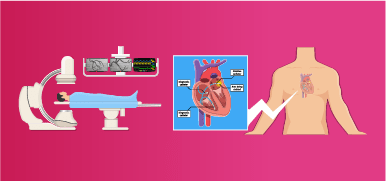
read more
INR 799
https://storage.googleapis.com/master-transformer-9446/DOSILY/Kite%20to%20Dosily%203/Cardiac%20Catheterization%20and%20its%20Importance/Cardiac%20catheterization.mp4
Cardiac Catheterization and Its Importance
 6K
6K

₹ 799
Cardiac Catheterization and Its Importance
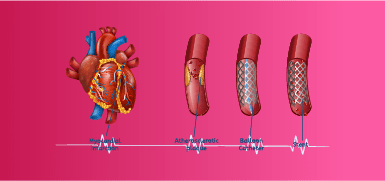
read more
INR 799
https://storage.googleapis.com/master-transformer-9446/DOSILY/Kite%20to%20Dosily%203/Angioplasty%20and%20Its%20Approaches/Angioplasty%20and%20its%20approaches.mp4
Angioplasty and Its Approaches
 5.7K
5.7K

₹ 799
Angioplasty and Its Approaches

read more
INR 799
https://storage.googleapis.com/master-transformer-9446/DOSILY/Kite%20to%20Dosily%203/Coronary%20Angiography%20and%20Its%20Importance/Coronary%20angiography_19Nov20.mp4
Coronary Angiography and Its Importance
 5.7K
5.7K

₹ 799
Coronary Angiography and Its Importance
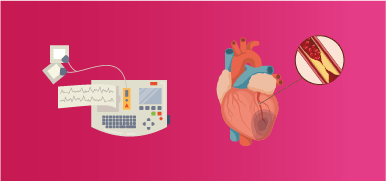
read more
INR 799
https://storage.googleapis.com/master-transformer-9446/DOSILY/Kite%20to%20Dosily%203/ECG%20-%20Pericardial%20and%20Myocardial%20Features/ECG%20-%20Pericardial%20and%20Myocardial%20Features_Explainer.mp4
ECG – Pericardial and Myocardial Features
 5.4K
5.4K

₹ 799
ECG – Pericardial and Myocardial Features
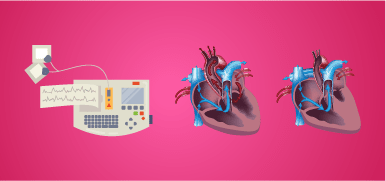
read more
INR 799
https://storage.googleapis.com/master-transformer-9446/DOSILY/Kite%20to%20Dosily%203/ECG%20-%20Cardiac%20Chamber%20Hypertrophy/ECG%20-%20Cardiac%20Chamber%20Hypertrophy_eXPLAINER.mp4
ECG diagnosis of Cardiac Chamber Enlargement & Hypertrophy
 5.6K
5.6K

₹ 799
ECG diagnosis of Cardiac Chamber Enlargement & Hypertrophy
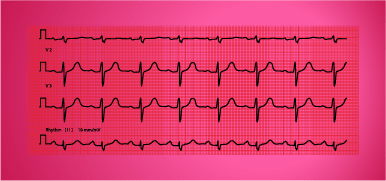
read more
INR 799
https://storage.googleapis.com/master-transformer-9446/DOSILY/Kite%20to%20Dosily%203/ECG%20-%20Basic%20Principles/ECG%20-%20Basic%20Principles_Explainer.mp4
ECG – Basic Principles
 6.4K
6.4K

₹ 799
ECG – Basic Principles

read more
INR 799
https://storage.googleapis.com/master-transformer-9446/DOSILY/Kite%20To%20Dosily-2/Role%20of%20Nutrition%20-%20%20Infancy%20and%20beyond/Role%20of%20Nutrition%20-%20Infancy%20and%20beyond.mp4
Role of Nutrition – Infancy and beyond
 6.2K
6.2K
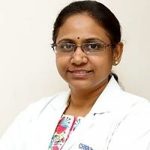
₹ 799
Role of Nutrition – Infancy and beyond

read more
INR 499
https://storage.googleapis.com/master-transformer-9446/DOSILY/Kite%20to%20Dosily%203/Geriatric%20Cardiovascular%20Problems_Batch_2/Geriatric%20Caridovascular%20Problems.mp4
Geriatric Cardiovascular Problems
 5.9K
5.9K
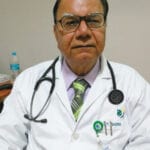
₹ 499
Geriatric Cardiovascular Problems
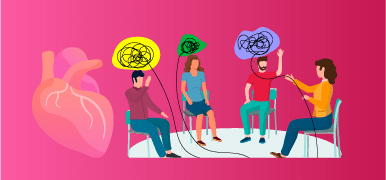
read more
INR 799
https://storage.googleapis.com/master-transformer-9446/DOSILY/IP%20Courses/Stress%20and%20Your%20Heart/Stress%20and%20your%20Heart_Savita%20Date%20Menon_Explainer.mp4
Stress and Its Effect on Heart
 5.4K
5.4K

₹ 799
Stress and Its Effect on Heart

read more
INR 799
https://storage.googleapis.com/master-transformer-9446/DOSILY/Kite%20To%20Dosily-2/Pediatric%20nutritional%20issues/Pediatric%20nutritional%20issues%20(1).mp4
Pediatric Nutritional Issues
 5.3K
5.3K

₹ 799
Pediatric Nutritional Issues

read more
INR 799
https://storage.googleapis.com/master-transformer-9446/DOSILY/Kite%20to%20Dosily%203/Infant%20Feeding%20Recommendations_Batch_1/Infant%20Feeding%20Recommendations.mp4
Infant Feeding Recommendations
 5.8K
5.8K

₹ 799
Infant Feeding Recommendations

read more
INR 799
https://storage.googleapis.com/master-transformer-9446/DOSILY/Kite%20To%20Dosily-2/Record%20Keeping%20mandate/Record%20Keeping%20mandate%20(1).mp4
Record Keeping Mandate
 6.2K
6.2K
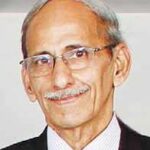
₹ 799
Record Keeping Mandate

read more
INR 799
https://storage.googleapis.com/master-transformer-9446/DOSILY/Kite%20To%20Dosily-2/Child%20development-%20Nutrition/Child%20development-%20Nutrition%20(1).mp4
Impact of Nutrition on Child`s Development
 5.7K
5.7K

₹ 799
Impact of Nutrition on Child`s Development
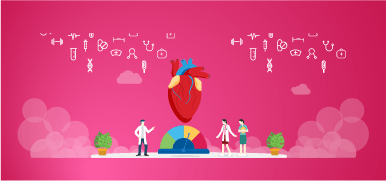
read more
INR 499
https://storage.googleapis.com/master-transformer-9446/DOSILY/Kite%20To%20Dosily-2/Introduction%20to%20Hyper%20Tension/Introduction%20to%20Hypertension_Dr.%20Sanjay%20Gupta%20-explainer.mp4
Introduction to Hypertension
 6.1K
6.1K

₹ 499
Introduction to Hypertension
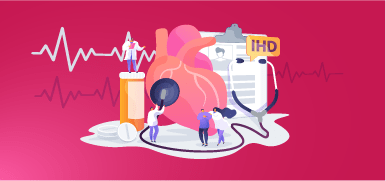
read more
INR 999
https://storage.googleapis.com/master-transformer-9446/DOSILY/Kite%20To%20Dosily-2/Heart%20Disease%20Factors%20Increasing%20Risk/Heart%20Disease%20Factors%20Increasing%20Risk%20(1).mp4
Heart Disease: Factors Increasing Risk
 6.6K
6.6K

₹ 999
Heart Disease: Factors Increasing Risk
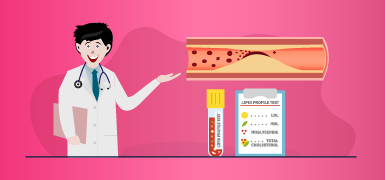
read more
INR 799
https://storage.googleapis.com/master-transformer-9446/DOSILY/Kite%20To%20Dosily/Management%20of%20dyslipidemia/Management%20of%20Dyslipidemia_Explainer.mp4
Management of Dyslipidemia
 1.8K
1.8K
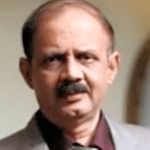
₹ 799
Management of Dyslipidemia
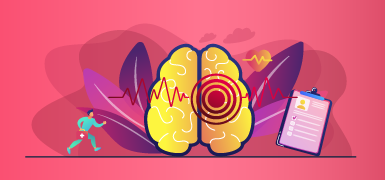
read more
INR 799
https://storage.googleapis.com/master-transformer-9446/DOSILY/Kite%20To%20Dosily/Initial%20Management%20of%20Acute%20Stroke/Initial%20Management%20of%20Acute%20Stroke%20(Expert%20Talk)_V1.mp4
Initial Management of Acute Stroke
 1.8K
1.8K

₹ 799
Initial Management of Acute Stroke
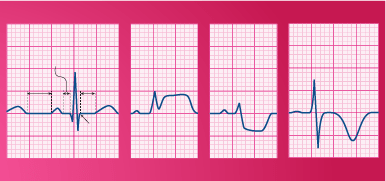
read more
INR 999
https://storage.googleapis.com/master-transformer-9446/DOSILY/Kite%20To%20Dosily/Evidence%20based%20Management%20of%20STEMI/STEMI_V1.mp4
Evidence based Management of STEMI
 1.5K
1.5K

₹ 999
Evidence based Management of STEMI
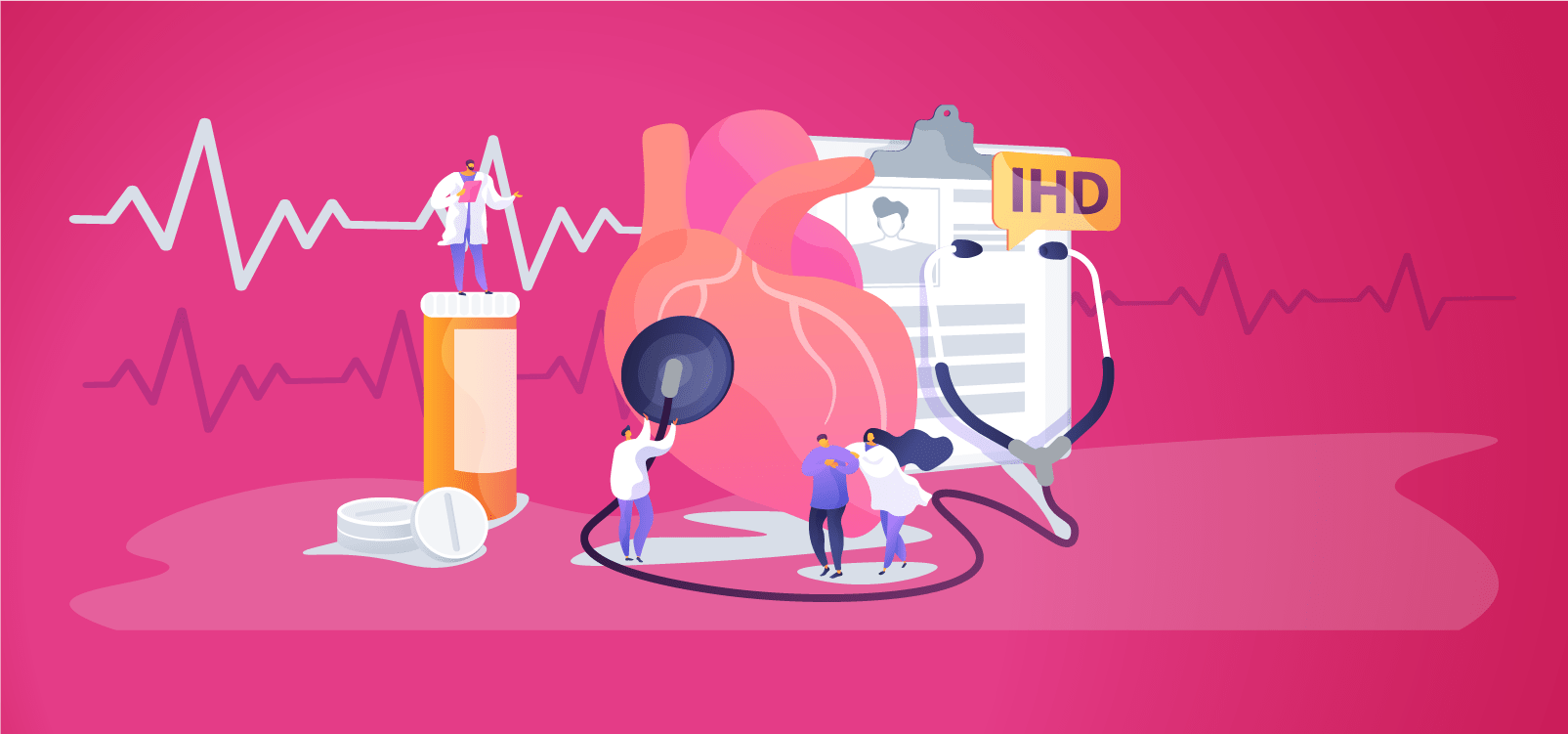
read more
INR 999
https://storage.googleapis.com/master-transformer-9446/DOSILY/Kite%20To%20Dosily/ECG%20Interpretation%20in%20Ischemic%20Heart%20Disease/ECG%20interpretation%20in%20Ishemic%20heart%20disease.mp4
ECG Interpretation in Ischemic Heart Disease
 1.8K
1.8K

₹ 999
ECG Interpretation in Ischemic Heart Disease

read more
INR 999
https://storage.googleapis.com/master-transformer-9446/DOSILY/Kite%20To%20Dosily/Classification%2C%20ECG%20features%20of%20Major%20Tachyarrhythmias/Classification%2C%20ECG%20features%20of%20Major%20Tachyarrhythmias.mp4
Classification, ECG features of Major Tachyarrhythmias
 1.7K
1.7K

₹ 999
Classification, ECG features of Major Tachyarrhythmias
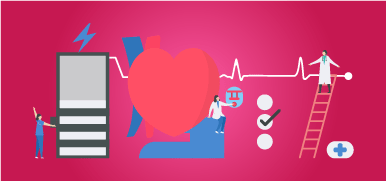
read more
INR 999
https://storage.googleapis.com/master-transformer-9446/DOSILY/Kite%20To%20Dosily/Classification%2C%20ECG%20features%20of%20major%20Bradyarrhythmias/Classification%2C%20ECG%20features%20of%20major%20Bradyarrhythmias.mp4
Classification, ECG features of major Bradyarrhythmias
 2.1K
2.1K

₹ 999
Classification, ECG features of major Bradyarrhythmias
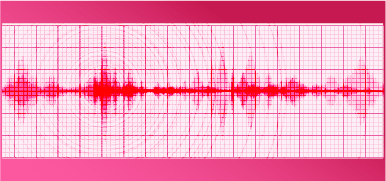
read more
INR 999
https://storage.googleapis.com/master-transformer-9446/DOSILY/IP%20Courses/AV%20dissociation%20%26%20Escape%20Rhythms/AV%20dissociation%20%26%20Escape%20Rhythms.mp4
AV dissociation & Escape Rhythms
 2.1K
2.1K

₹ 999
AV dissociation & Escape Rhythms
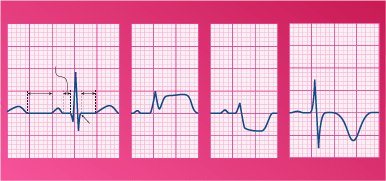
read more
INR 999
https://storage.googleapis.com/master-transformer-9446/DOSILY/IP%20Courses/Jone's%20rule%20for%20understanding%20ST%20segments/Jones%E2%80%99s%20rule%20for%20understanding%20ST%20segments.mp4
Jones’s rule for understanding ST segments
 2K
2K

₹ 999
Jones’s rule for understanding ST segments
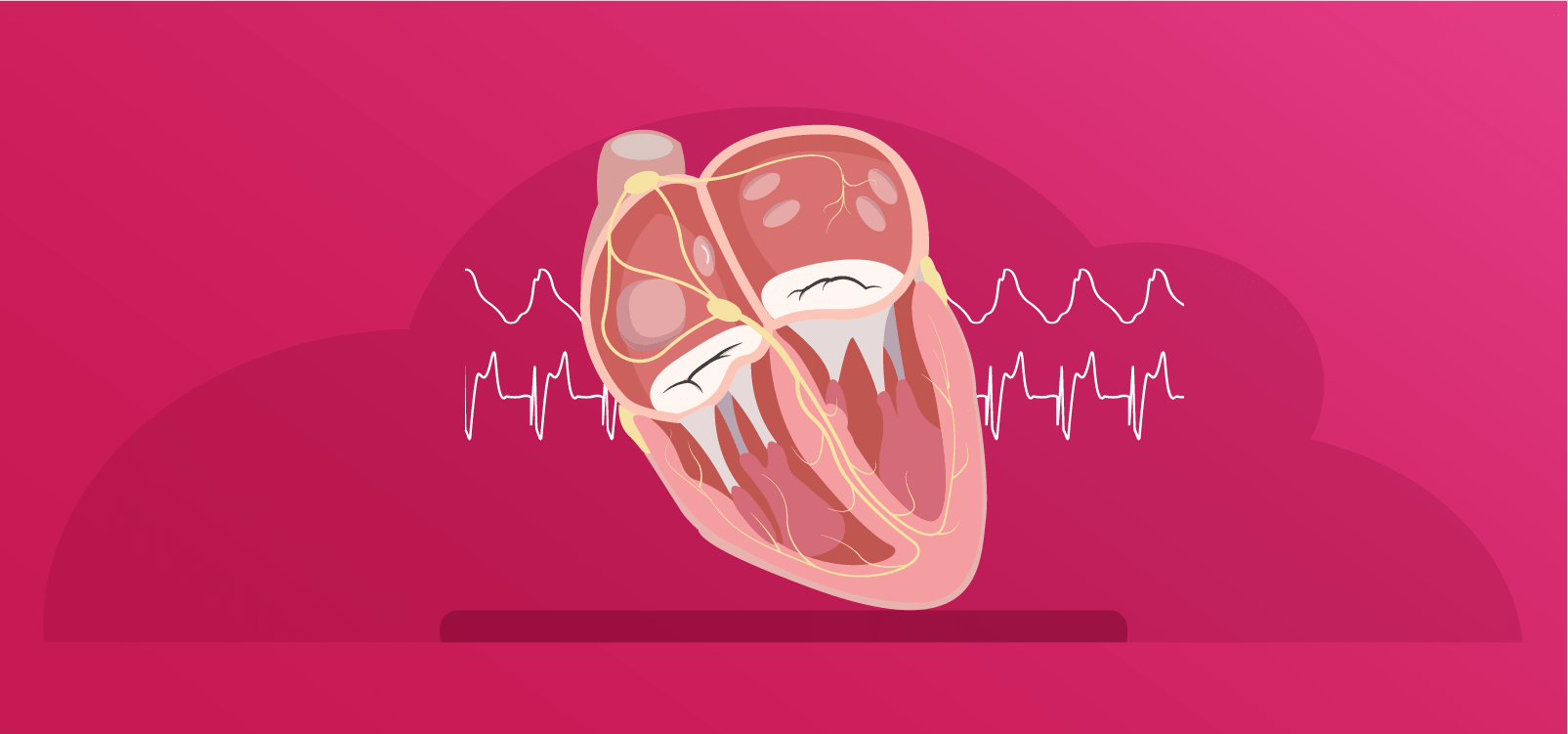
read more
INR 999
https://storage.googleapis.com/master-transformer-9446/DOSILY/IP%20Courses/AV%20Blocks%20and%20Their%20Interpretation/AV%20Blocks%20and%20Their%20Interpretation.mp4
Atrioventricular (AV) Blocks and Their Interpretation
 3.3K
3.3K

₹ 999
Atrioventricular (AV) Blocks and Their Interpretation
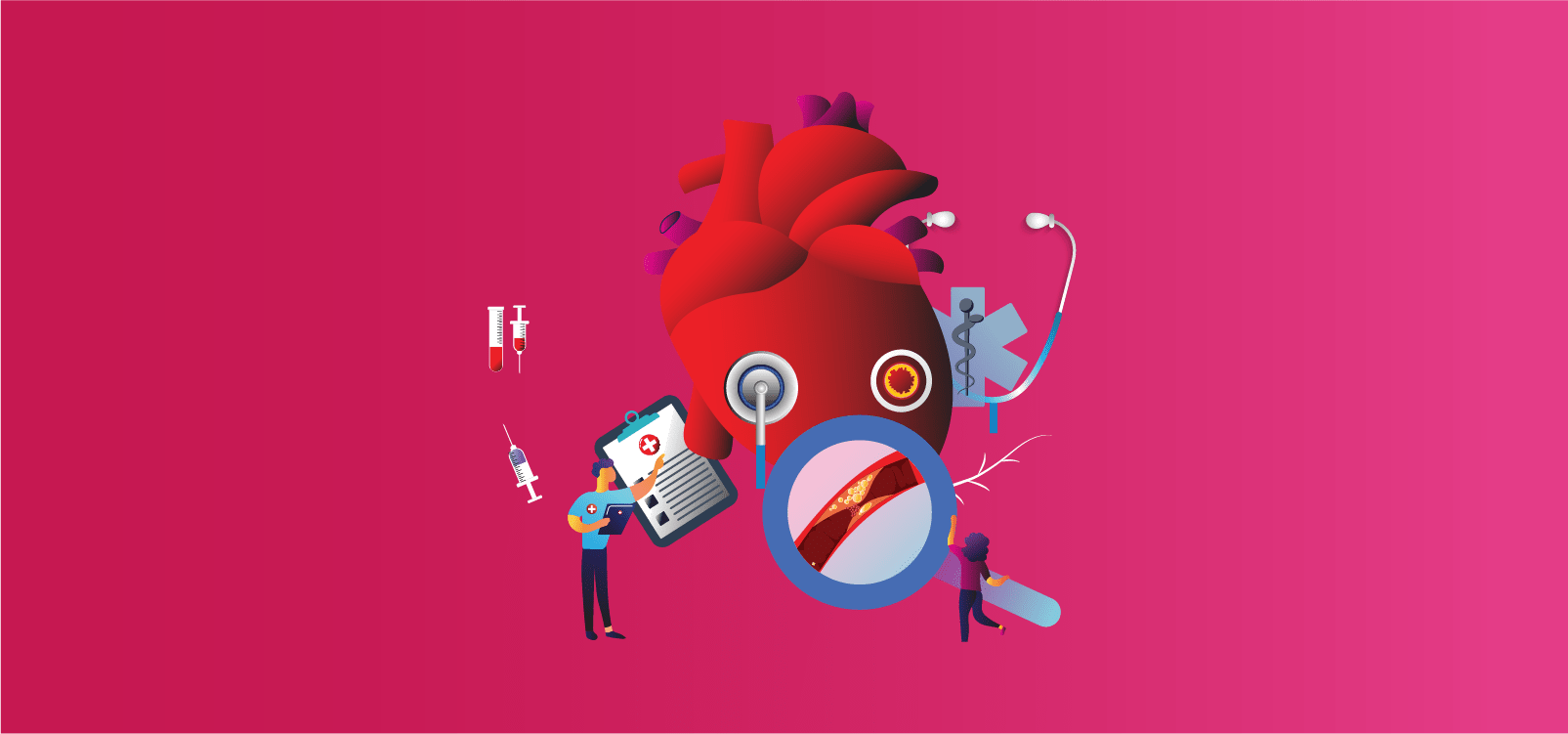
read more
INR 999
https://storage.googleapis.com/master-transformer-9446/DOSILY/IP%20Courses/Understanding%20ST%20Segments%20and%20Myocardial%20Ischemia/Myocardial%20Ischemia.mp4
Understanding ST Segments and Myocardial Ischemia
 1.8K
1.8K

₹ 999
Understanding ST Segments and Myocardial Ischemia
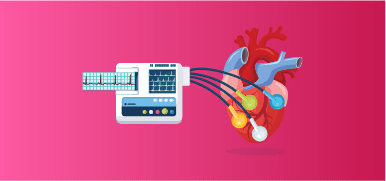
read more
https://storage.googleapis.com/master-transformer-9446/DOSILY/IP%20Courses/ECG%20recognition%20of%20Arrhythmias/ECG%20Recognition%20of%20Arrhythmias.mp4
ECG recognition of Arrhythmias
 14.4K
14.4K

free
ECG recognition of Arrhythmias
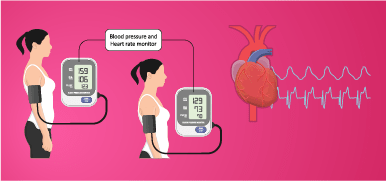
read more
INR 999
https://storage.googleapis.com/master-transformer-9446/DOSILY/IP%20Courses/Clinical%20Approach%20to%20Syncope/Clinical%20Approach%20to%20Syncope_Introduction.mp4%20-%20Google%20Drive.mp4
Clinical Approach to Syncope
 4.2K
4.2K

₹ 999
Clinical Approach to Syncope

read more
INR 999
https://storage.googleapis.com/master-transformer-9446/DOSILY/IP%20Courses/Paediatric%20Nutrition%20Part%201/Paediatric%20nutrition%20Part%201%20-%20Introduction.mp4
Paediatric Nutrition Part 1 – Nutritional Assessment and Requirements
 2.2K
2.2K

₹ 999
Paediatric Nutrition Part 1 – Nutritional Assessment and Requirements
Our alumni and partners
- Contact Us
- [email protected]
- Dosily 8, The Green Ste A, Dover, Kent, Delaware 19901.
- Powered by Medvarsity
Copyright 2021 Dosily.com










